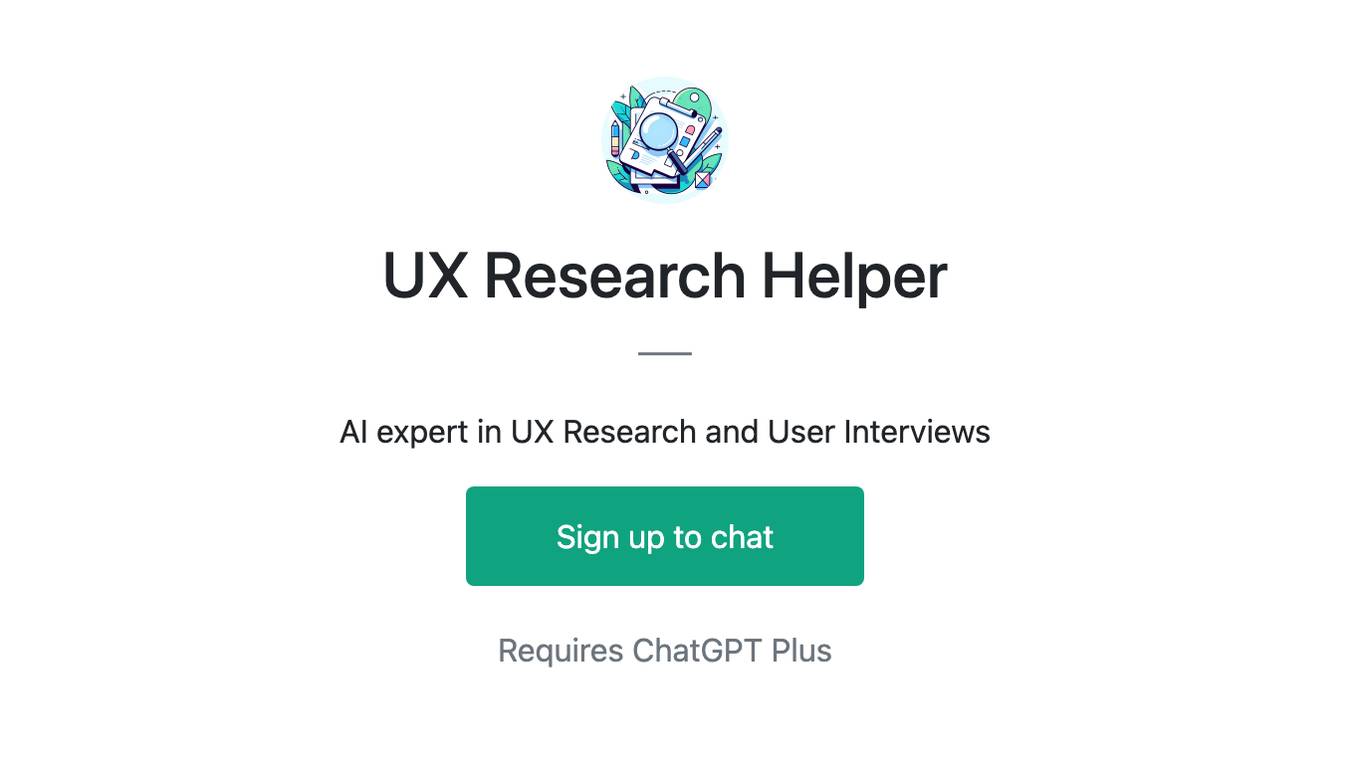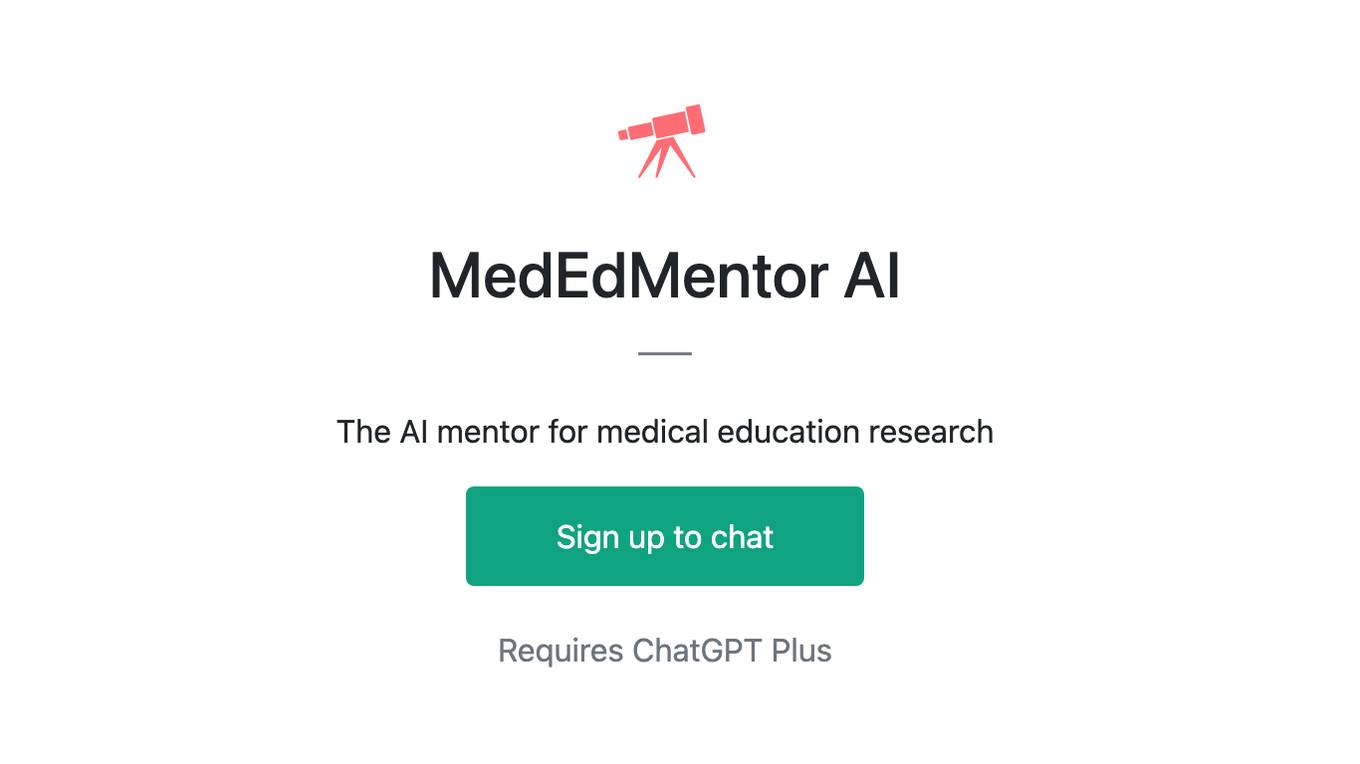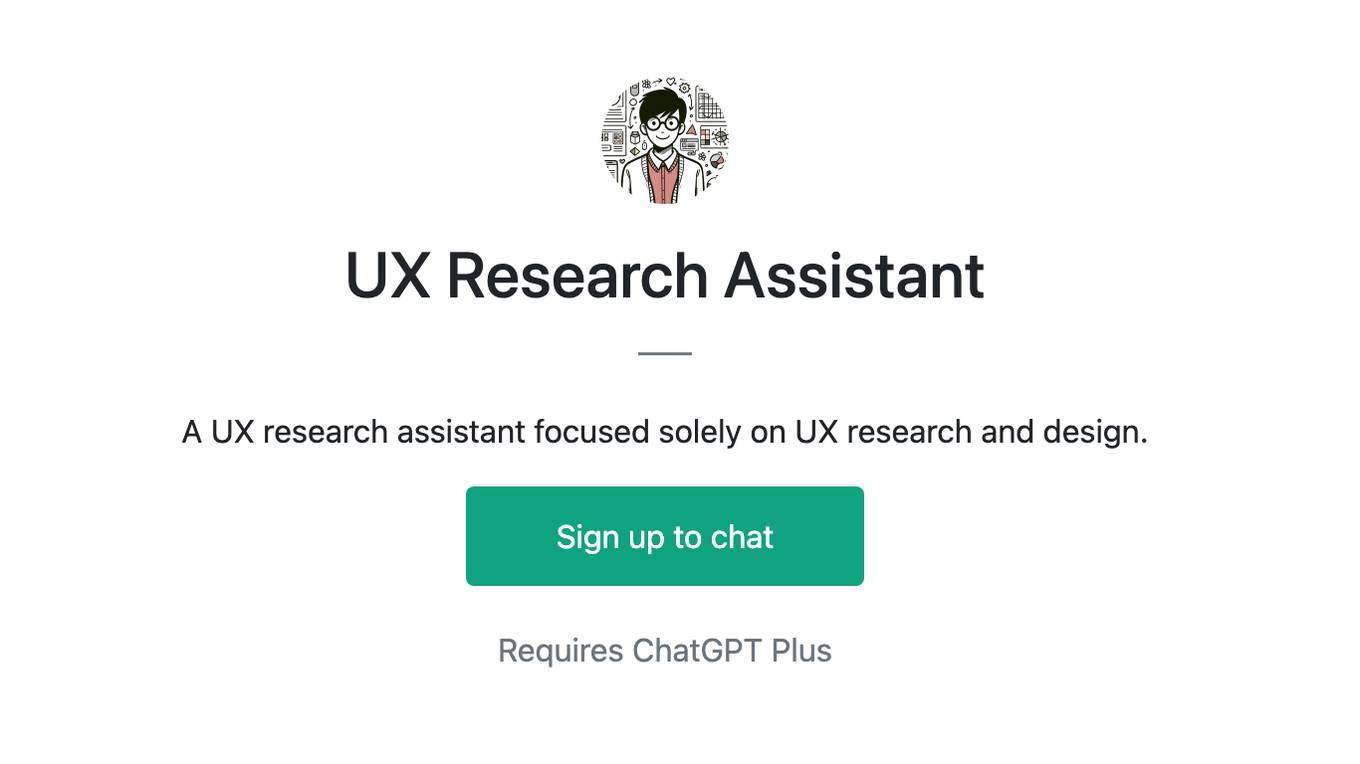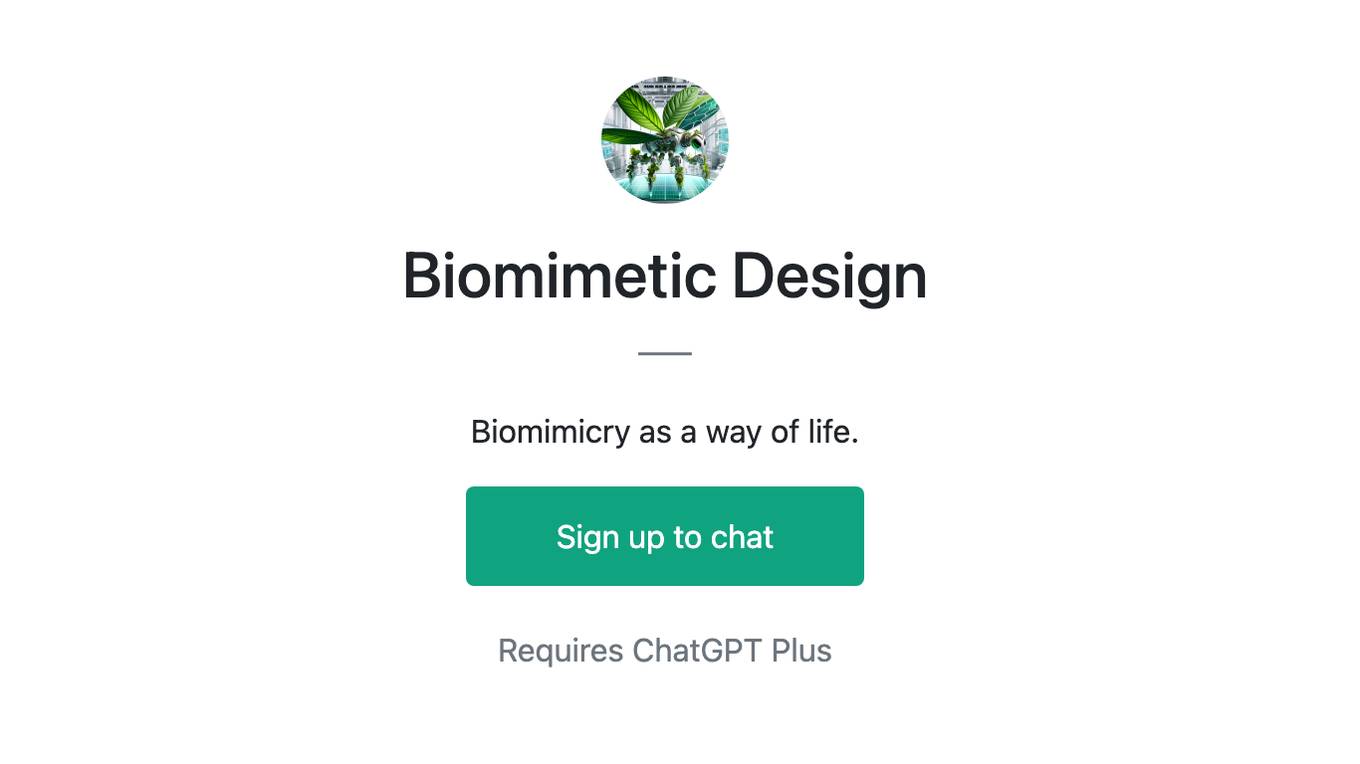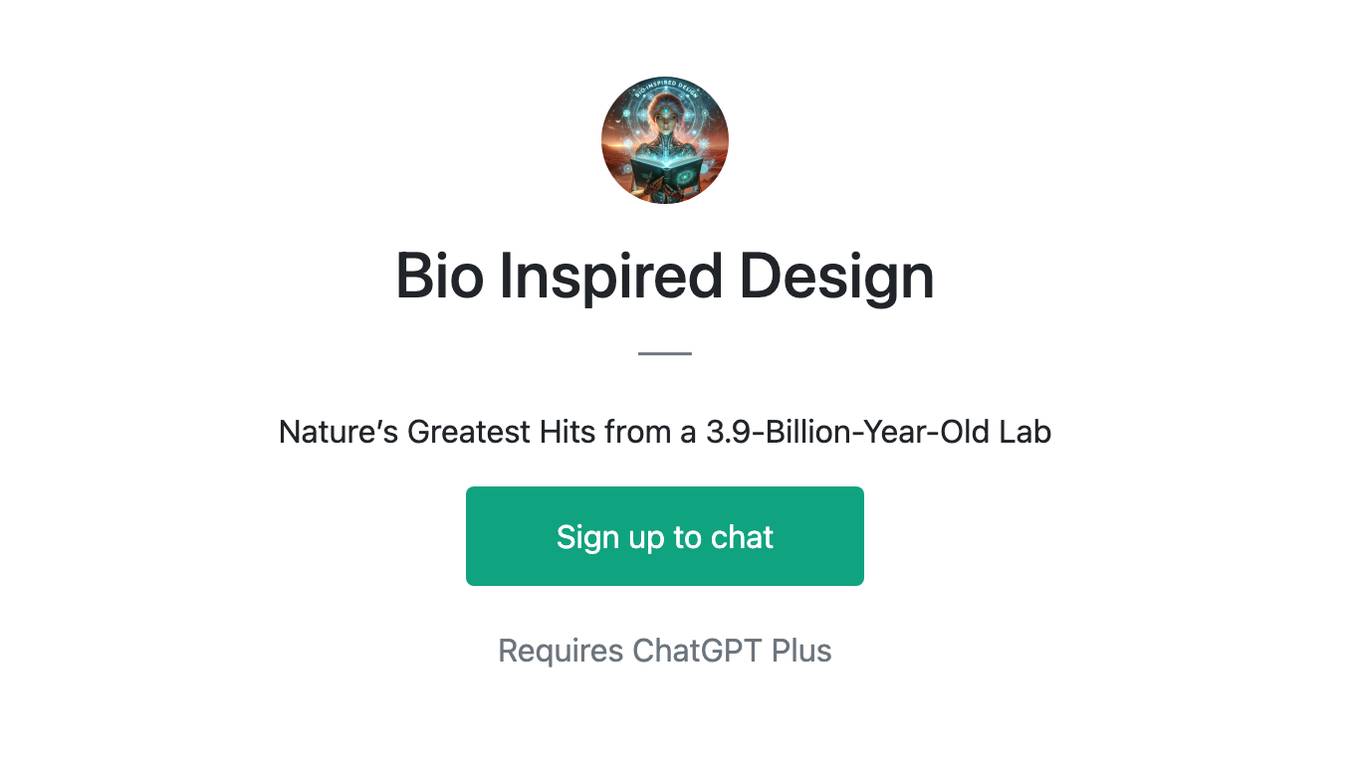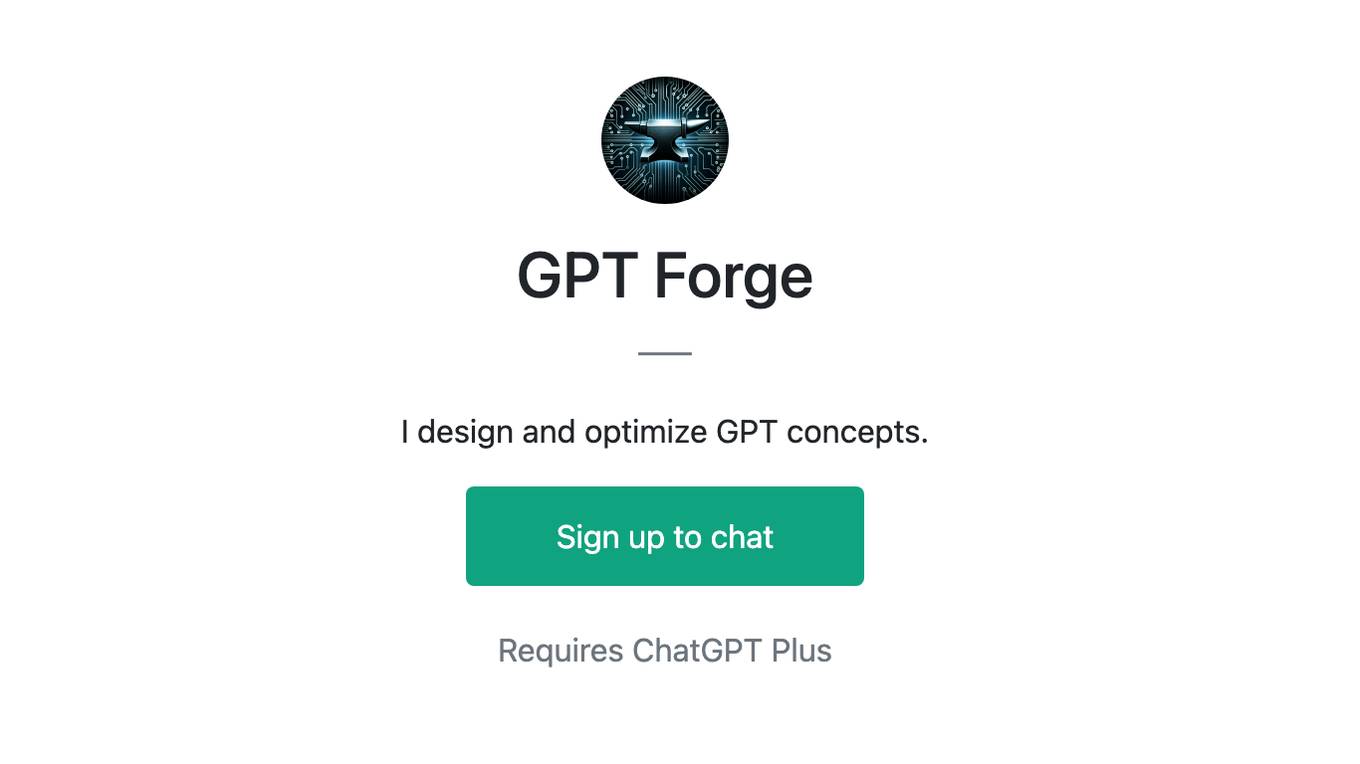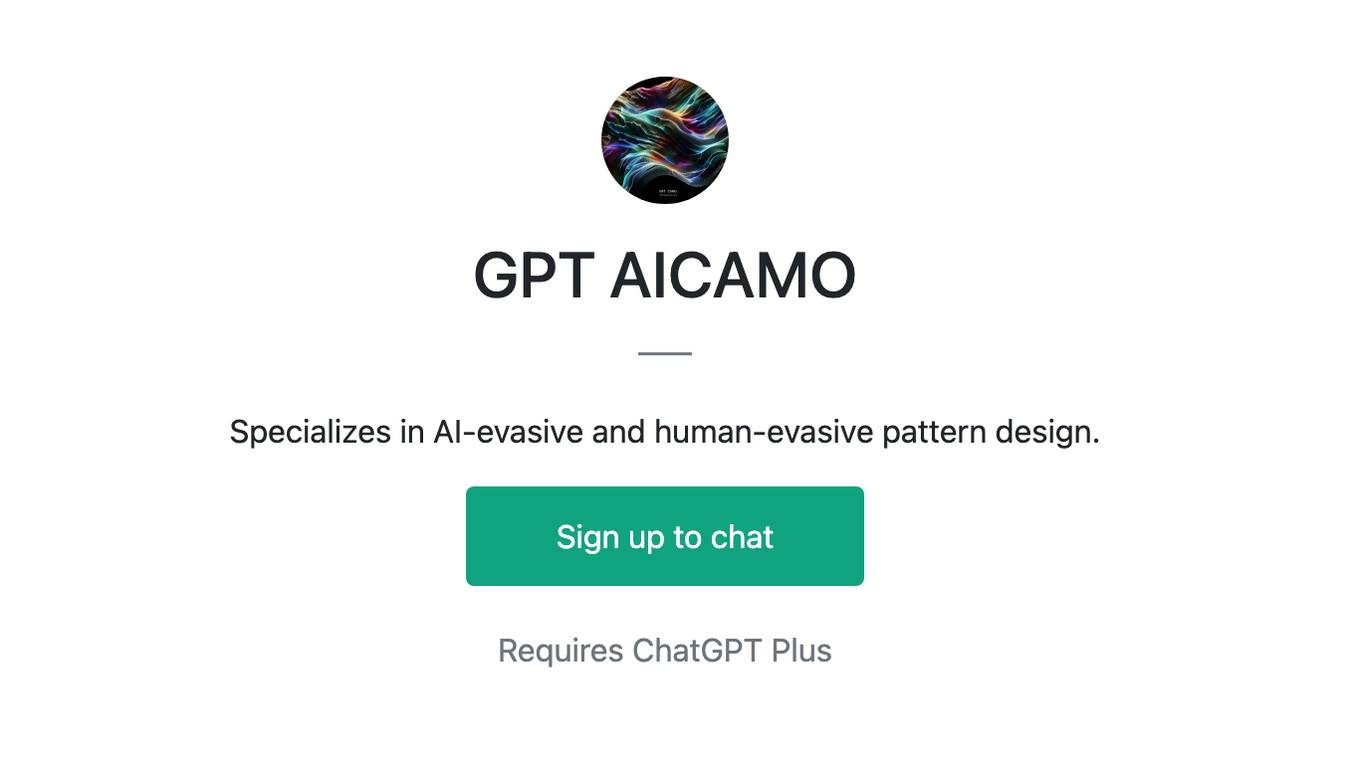Best AI tools for< Design Research >
20 - AI tool Sites
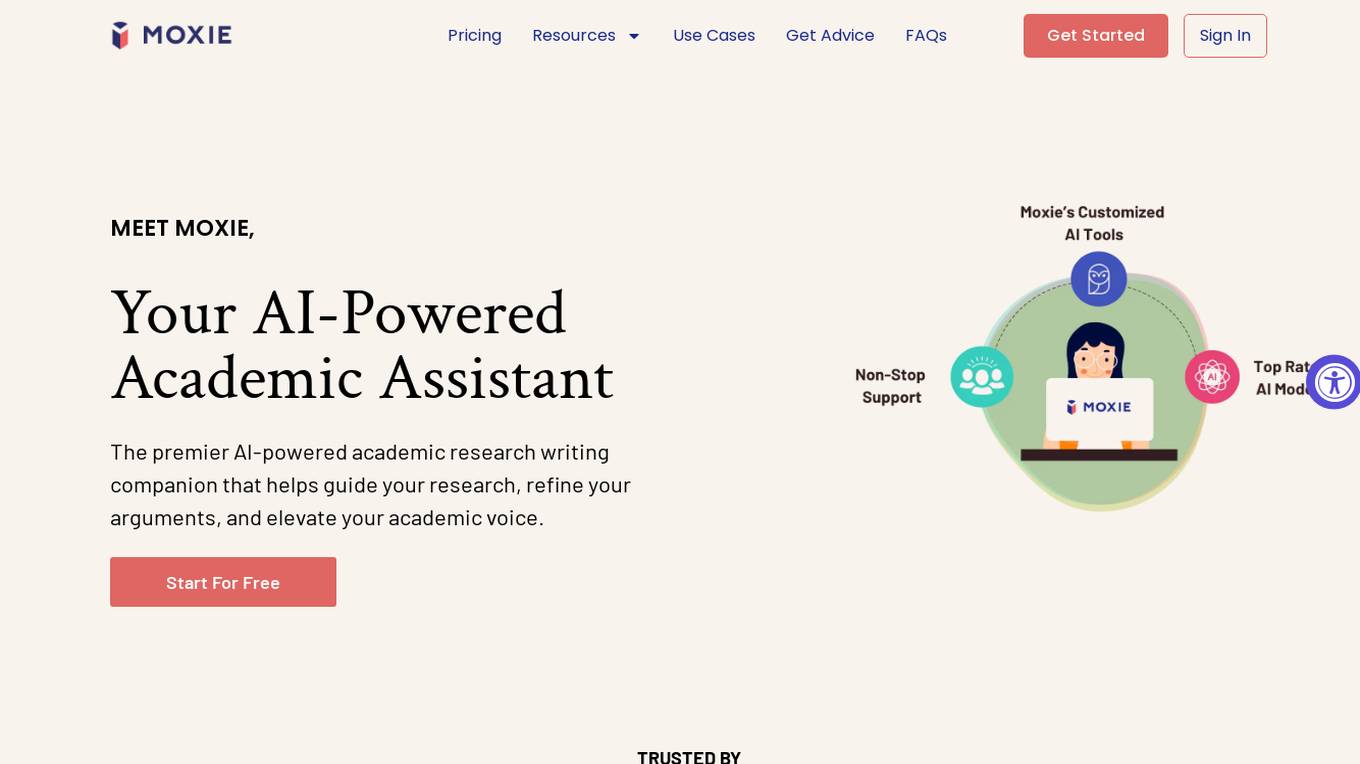
Moxie
Moxie is an AI-powered academic research writing companion that assists users in refining arguments, guiding research, and enhancing academic voice. It offers personalized feedback, AI-powered writing assistance, and tools for research design. Unlike AI content generators, Moxie empowers scholars to tackle complex tasks while preserving their critical thinking. The platform provides premium AI models, interactive learning sessions, and a personalized approach to academic writing. Users can streamline research processes, refine arguments, and receive actionable feedback to enhance their academic work.
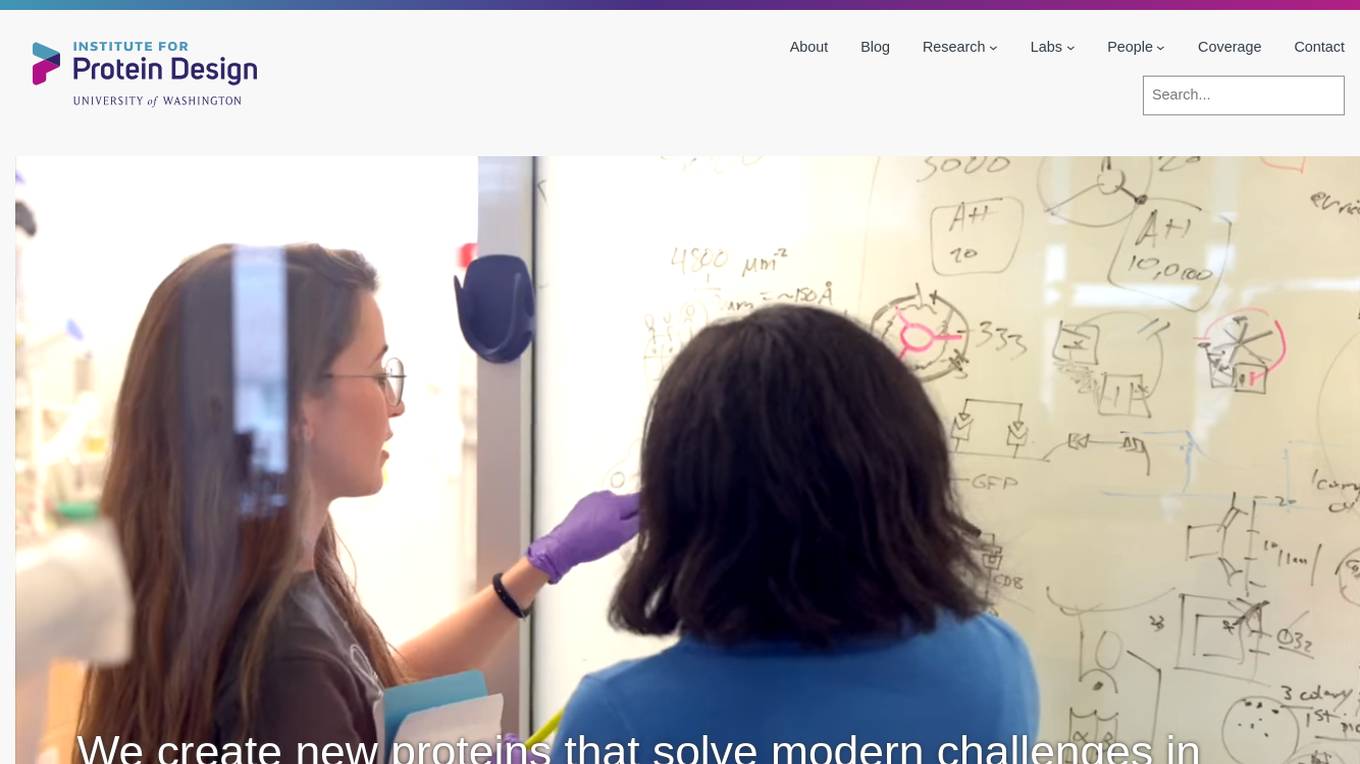
Institute for Protein Design
The Institute for Protein Design is a research institute at the University of Washington that uses computational design to create new proteins that solve modern challenges in medicine, technology, and sustainability. The institute's research focuses on developing new protein therapeutics, vaccines, drug delivery systems, biological devices, self-assembling nanomaterials, and bioactive peptides. The institute also has a strong commitment to responsible AI development and has developed a set of principles to guide its use of AI in research.
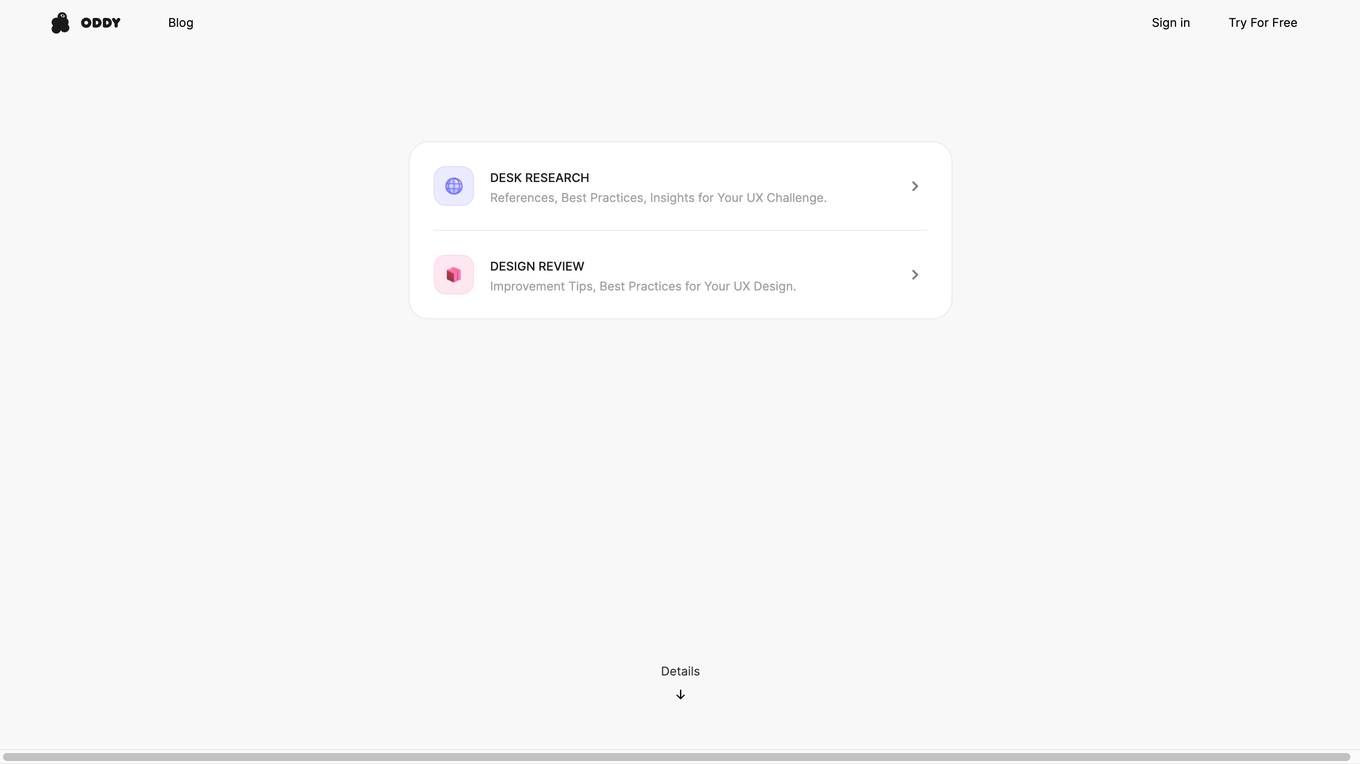
ODDY
ODDY is a research copilot for UX design that conducts desk research and design reviews in seconds. It provides actionable insights, best practices, and direct references to help UX designers transform their challenges into better designs.
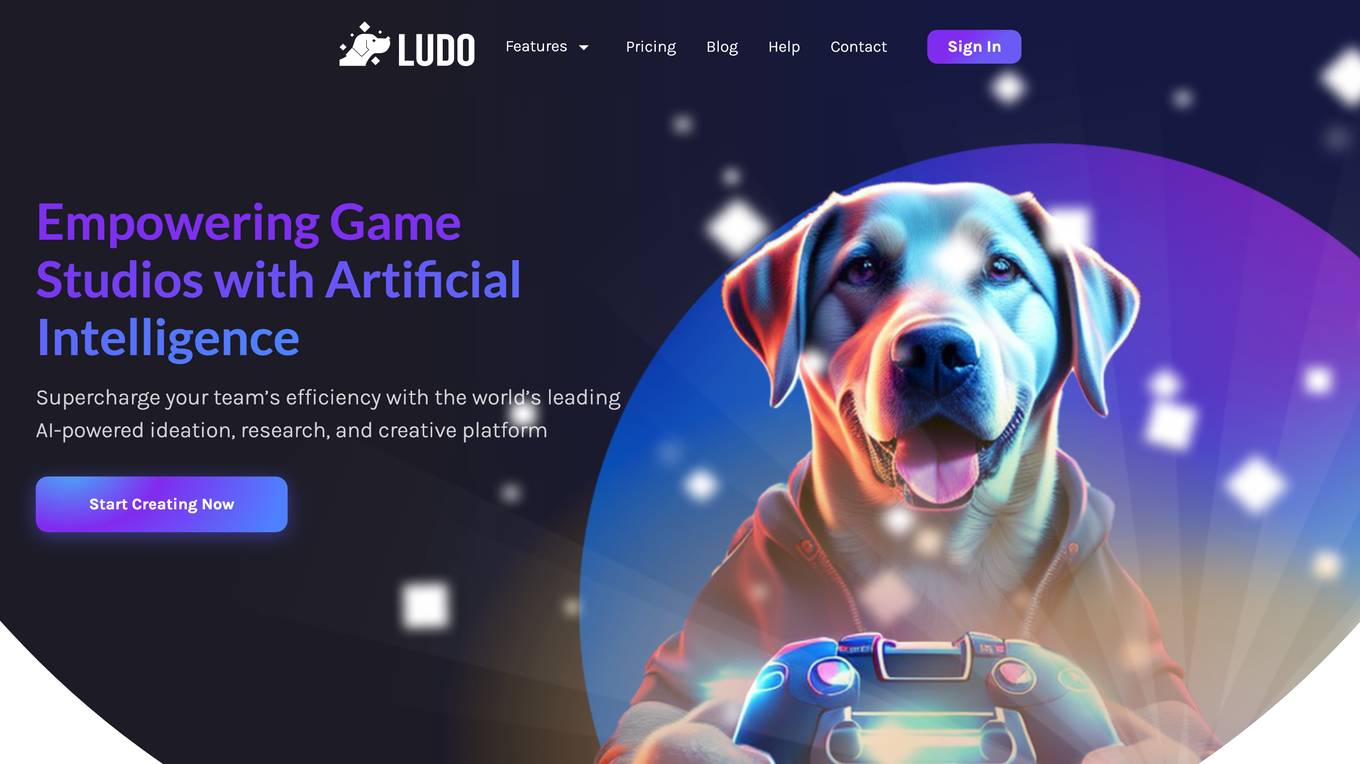
Ludo.ai
Ludo.ai is a comprehensive AI-powered platform designed to assist game studios in the pre-production stage of game development. It offers a suite of tools that leverage AI text generation, AI image generation, and AI-powered semantic search to streamline the process of researching, generating, and developing game concepts. Ludo.ai empowers game developers with the ability to generate new game ideas, monitor market trends, conduct in-depth research, organize and boost productivity, and access a range of resources to enhance their game design process.
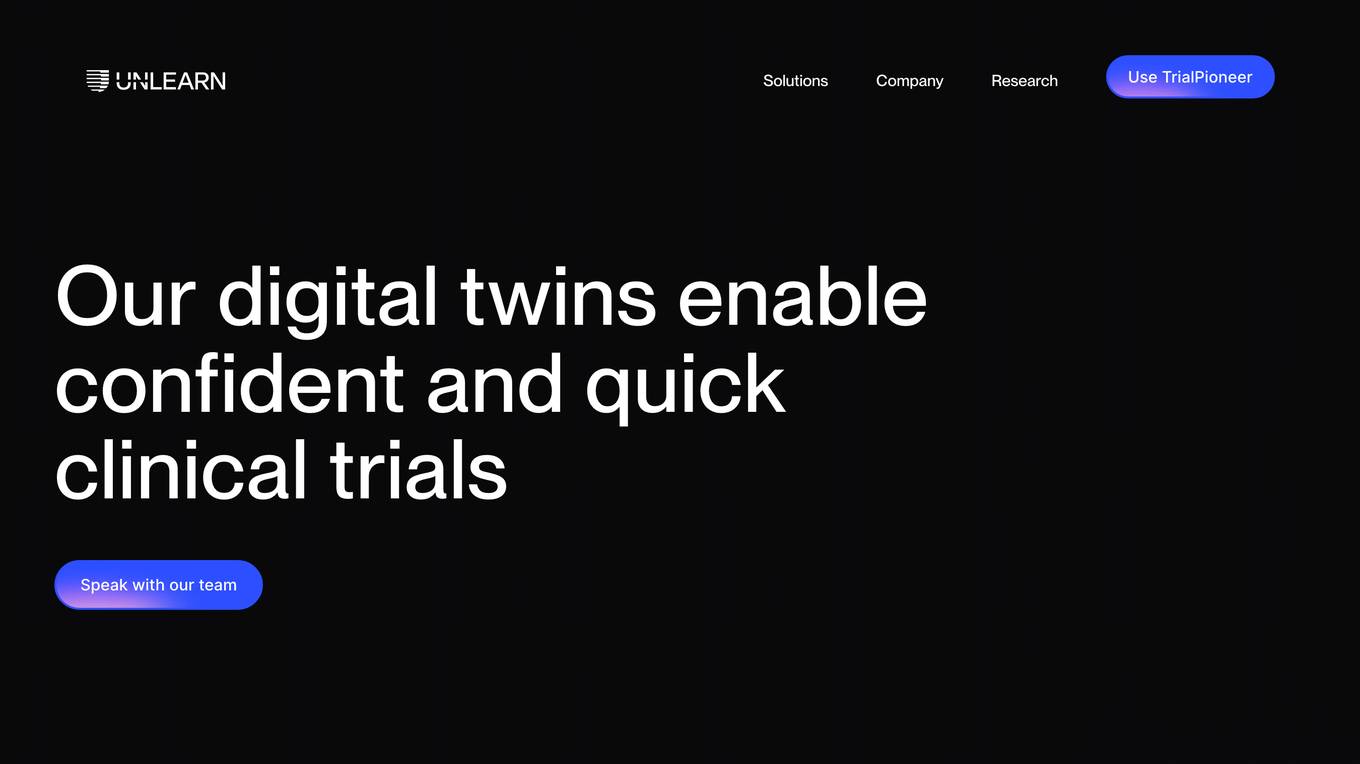
Unlearn.ai
Unlearn.ai is an AI-driven platform that specializes in streamlining clinical trials through the use of AI-generated digital twins of patients. By leveraging digital twin technology and disease-specific ML models, Unlearn.ai enables researchers to design and run more efficient and impactful clinical trials across various therapeutic areas. The platform offers solutions to accelerate trial timelines, facilitate faster decision-making, and optimize trial design, ultimately enhancing trial efficiency, insights, and impact.
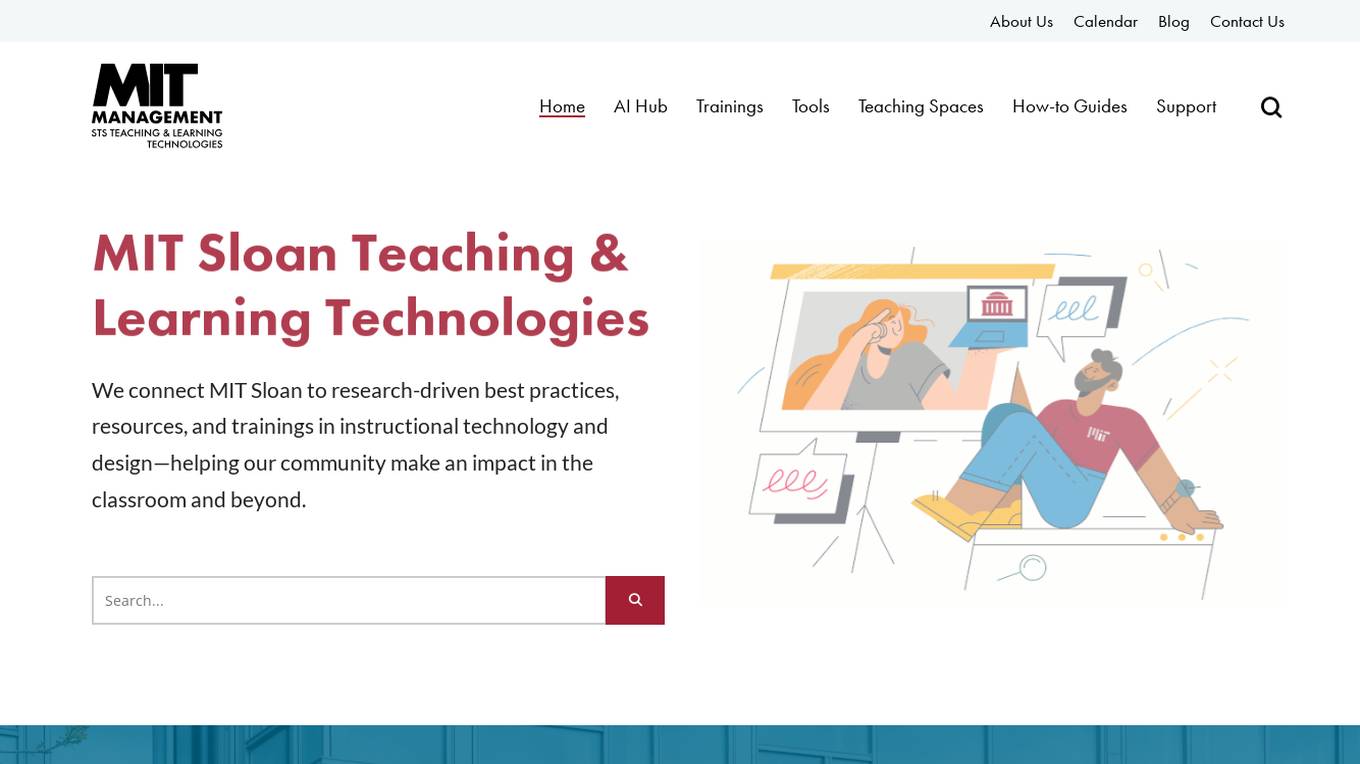
MIT Sloan Teaching & Learning Technologies
MIT Sloan Teaching & Learning Technologies connects MIT Sloan to research-driven best practices, resources, and training in instructional technology and design. They help the community make an impact in the classroom and beyond. They offer various services such as trainings, practice sessions, how-to guides, consultations, and a teaching studio. Their latest news and announcements include supporting learning with AI-generated images, providing students with access to Microsoft Copilot, and making Microsoft Copilot available for faculty and staff.
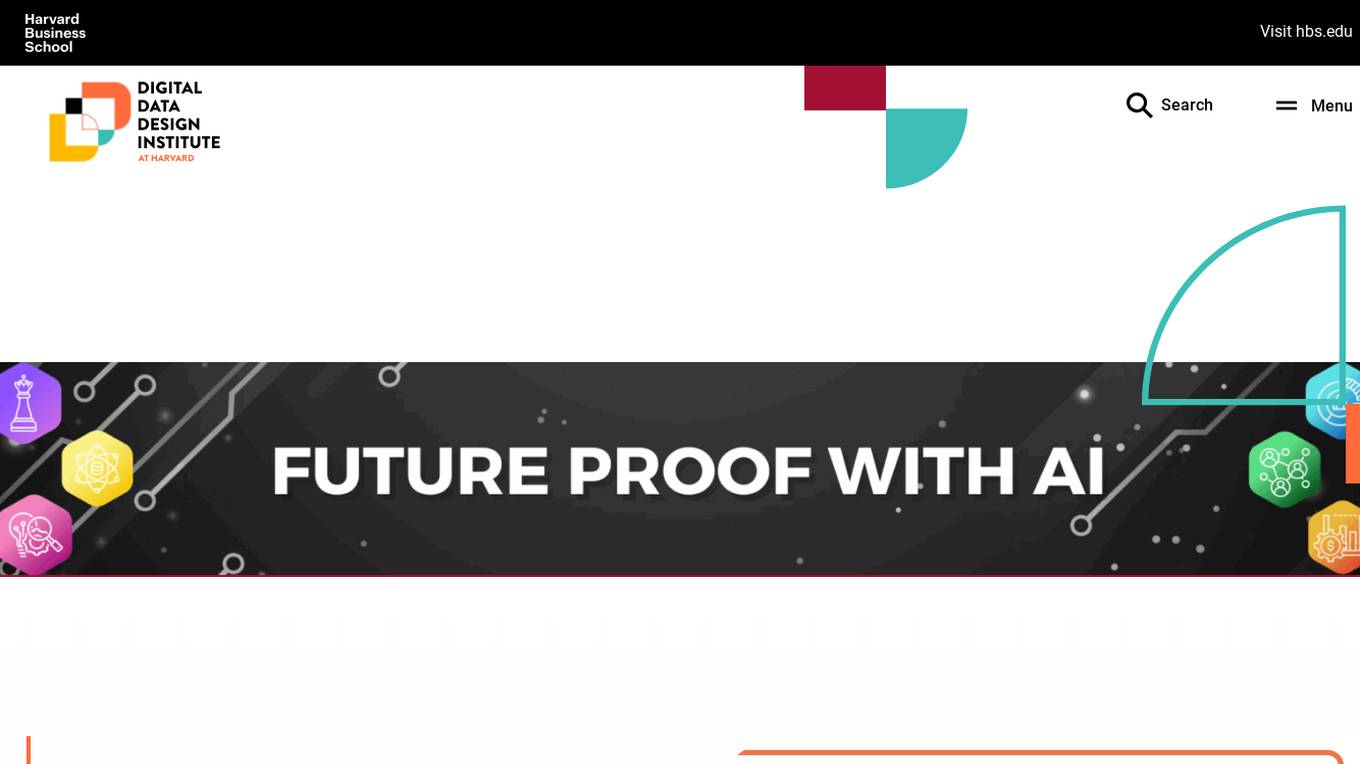
Digital Data Design Institute at Harvard
The Digital Data Design Institute at Harvard is a leading research institute focusing on the interaction between society, business, and artificial intelligence (AI) and digital technologies. Through 14 labs and six communities of practice, the institute produces research-rooted knowledge to explore the impact of AI on various aspects of life and work.
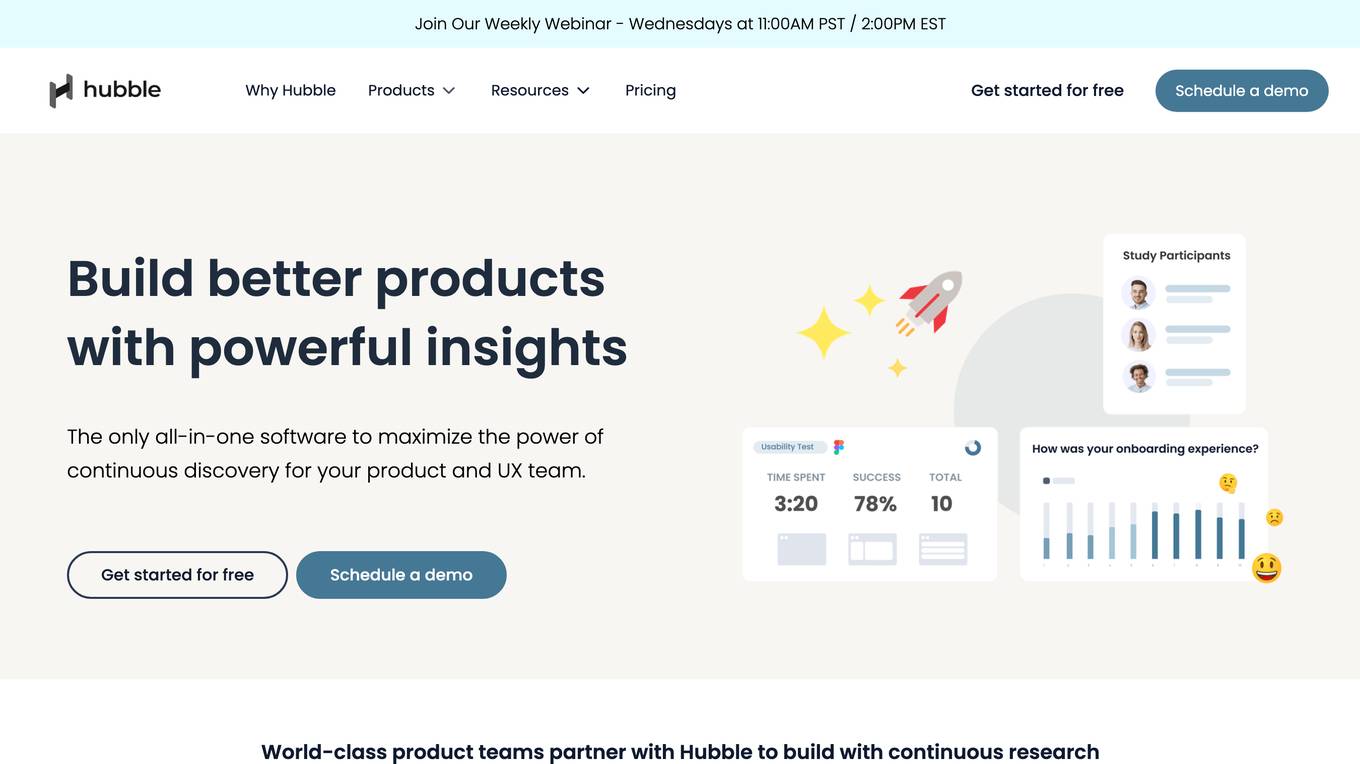
Hubble
Hubble is an enterprise user research platform that offers a comprehensive suite of research capabilities, including unmoderated and moderated research, AI interviews, surveys, participant recruitment, and research synthesis & analysis. The platform is designed to streamline research workflows for speed and quality, providing access to top-quality participants and powerful AI features. Hubble empowers teams to make data-driven decisions through a user-friendly interface and a library of study templates. Trusted by leading enterprises worldwide, Hubble is a game-changer for user research.
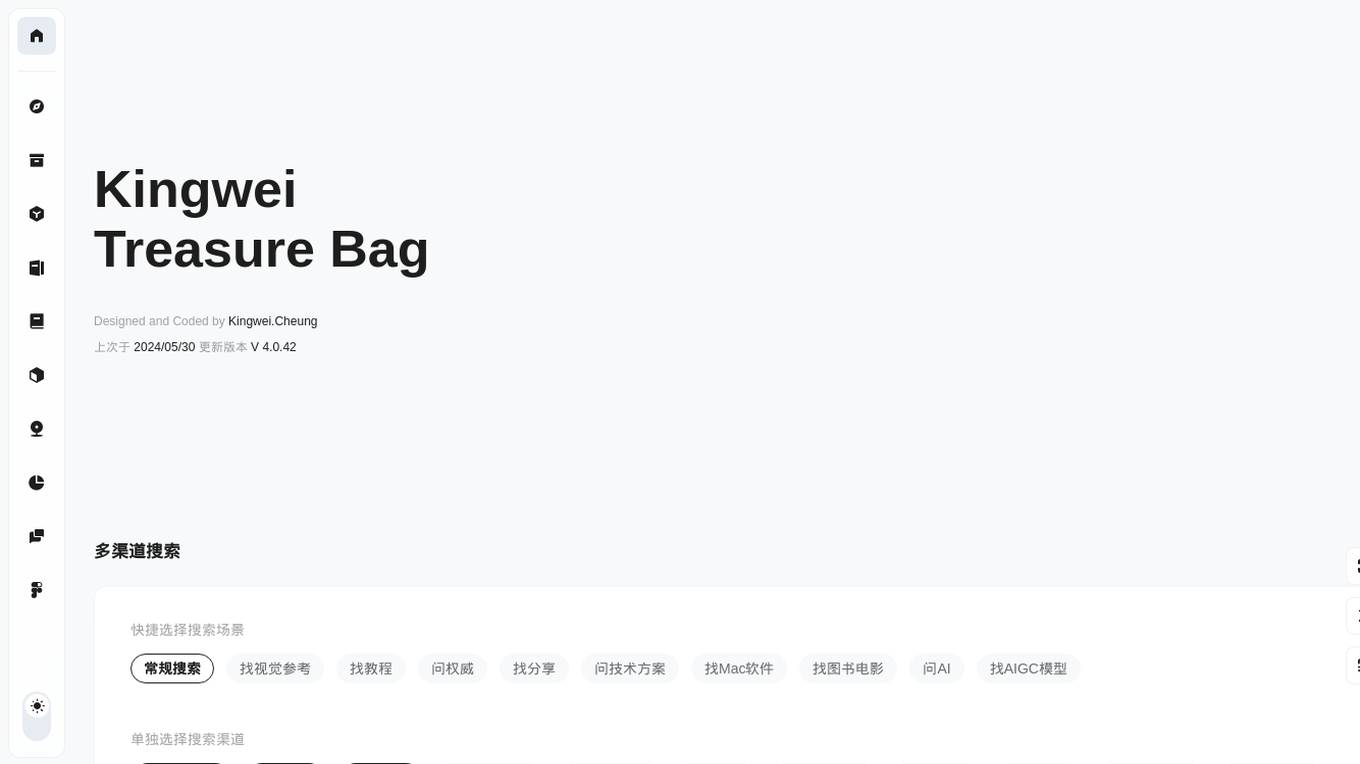
Kingwei Treasure Bag
Kingwei Treasure Bag is a multi-channel search tool that provides quick access to various search scenarios such as regular search, finding visual references, tutorials, authoritative answers, sharing, technical solutions, Mac software, books, movies, AI, AIGC models, and more. It offers a wide range of search channels including Google, Baidu, Bing, Pinterest, Dribbble, and many others. Additionally, it features a self-developed tool called ChatGPT for AI-powered interactions. Users can input keywords, access search history, and utilize various resources available through the platform.
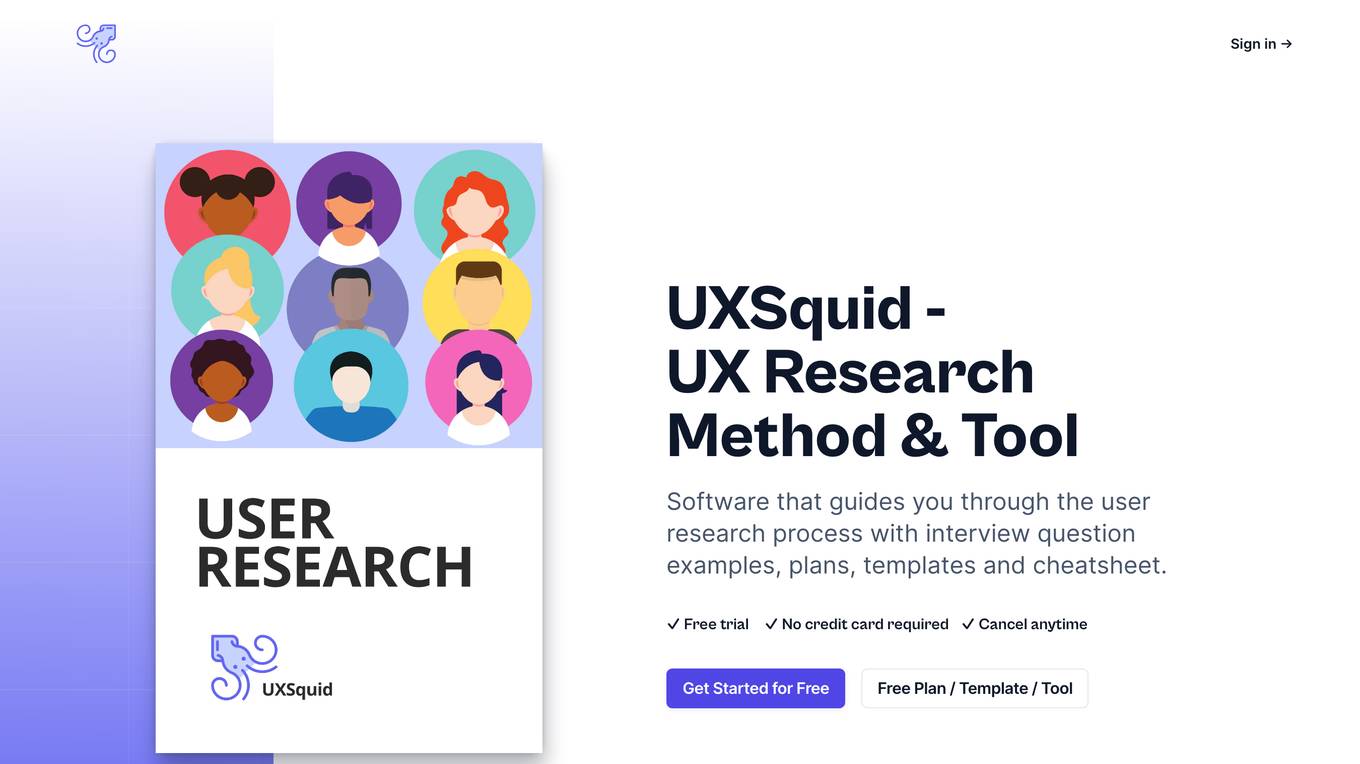
UXSquid
UXSquid is a comprehensive UX research software platform and tool that guides users through the user research process with interview question examples, plans, templates, and a cheat sheet. It offers a free trial, requires no credit card, and allows users to cancel anytime. UXSquid's platform makes it easy to conduct user interviews and gather feedback. Users can use its automation tools to set up interviews with their target audience and gather valuable information. UXSquid analyzes user experiences and interactions with a company using cutting-edge artificial intelligence. It then makes important suggestions and enhancements to improve a product for its users.
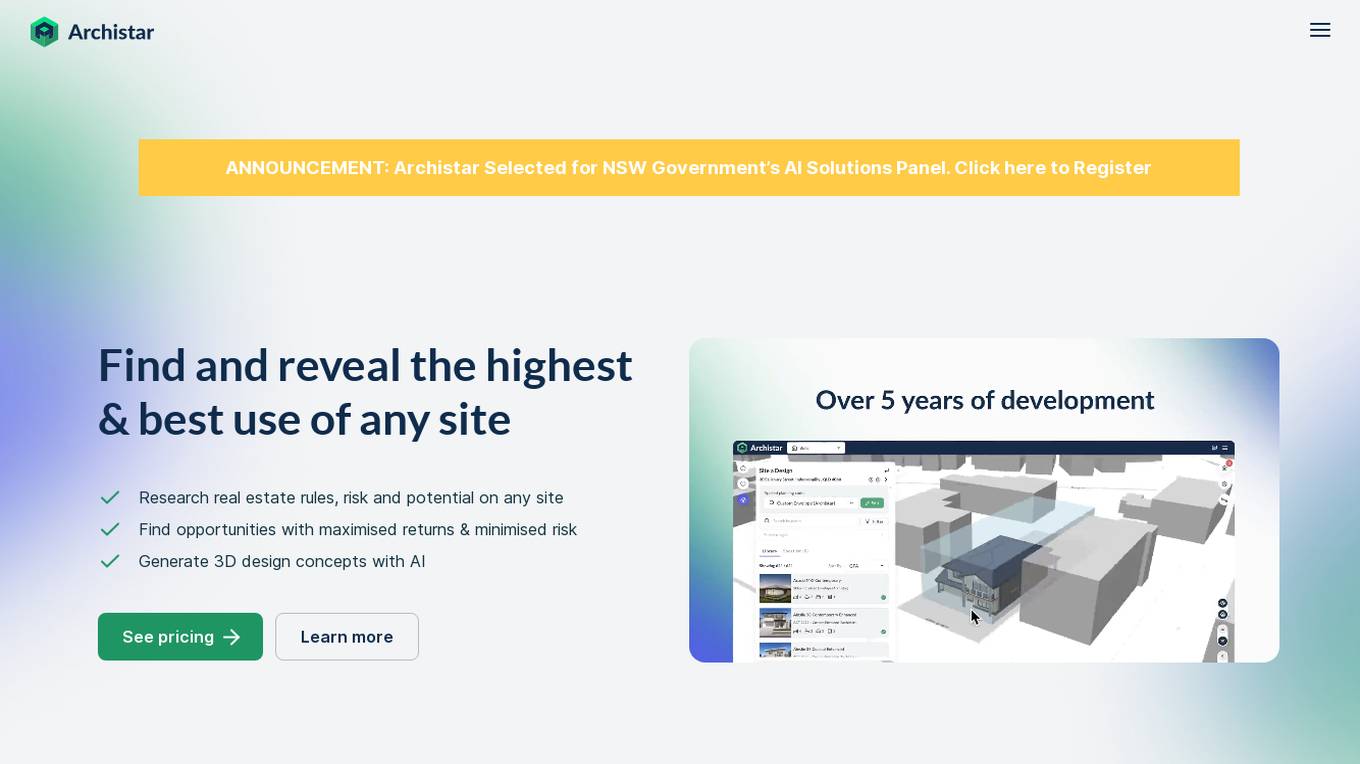
Archistar
Archistar is a leading property research platform that utilizes data and AI to help investors, developers, architects, and government officials make confident and compliant decisions. The platform offers features such as finding the best use of a site, researching real estate rules and risks, generating 3D design concepts with AI, and fast-tracking building permit assessments. With over 100,000 users, Archistar provides access to advanced algorithms, filters, and market insights to discover real estate opportunities efficiently.
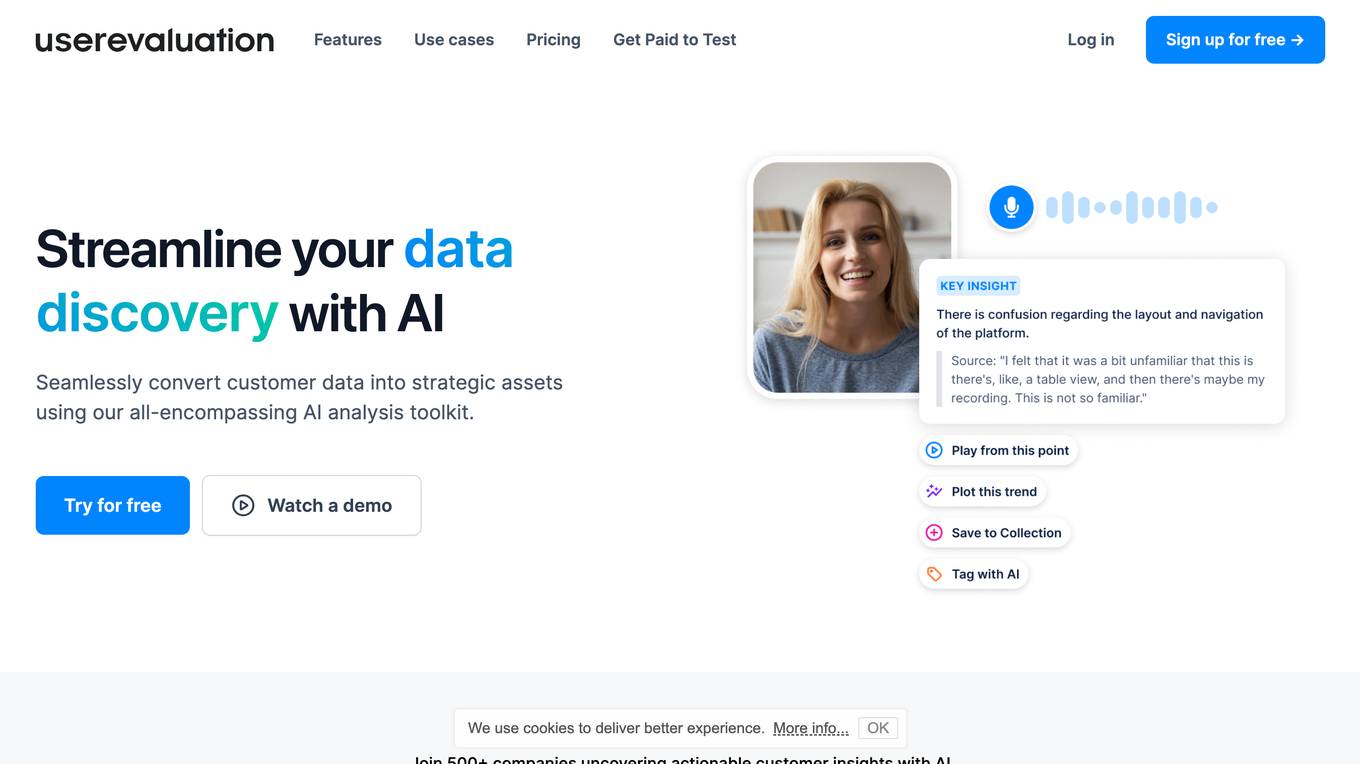
User Evaluation
User Evaluation is an AI-first user research platform that leverages AI technology to provide instant insights, comprehensive reports, and on-demand answers to enhance customer research. The platform offers features such as AI-driven data analysis, multilingual transcription, live timestamped notes, AI reports & presentations, and multimodal AI chat. User Evaluation empowers users to analyze qualitative and quantitative data, synthesize AI-generated recommendations, and ensure data security through encryption protocols. It is designed for design agencies, product managers, founders, and leaders seeking to accelerate innovation and shape exceptional product experiences.
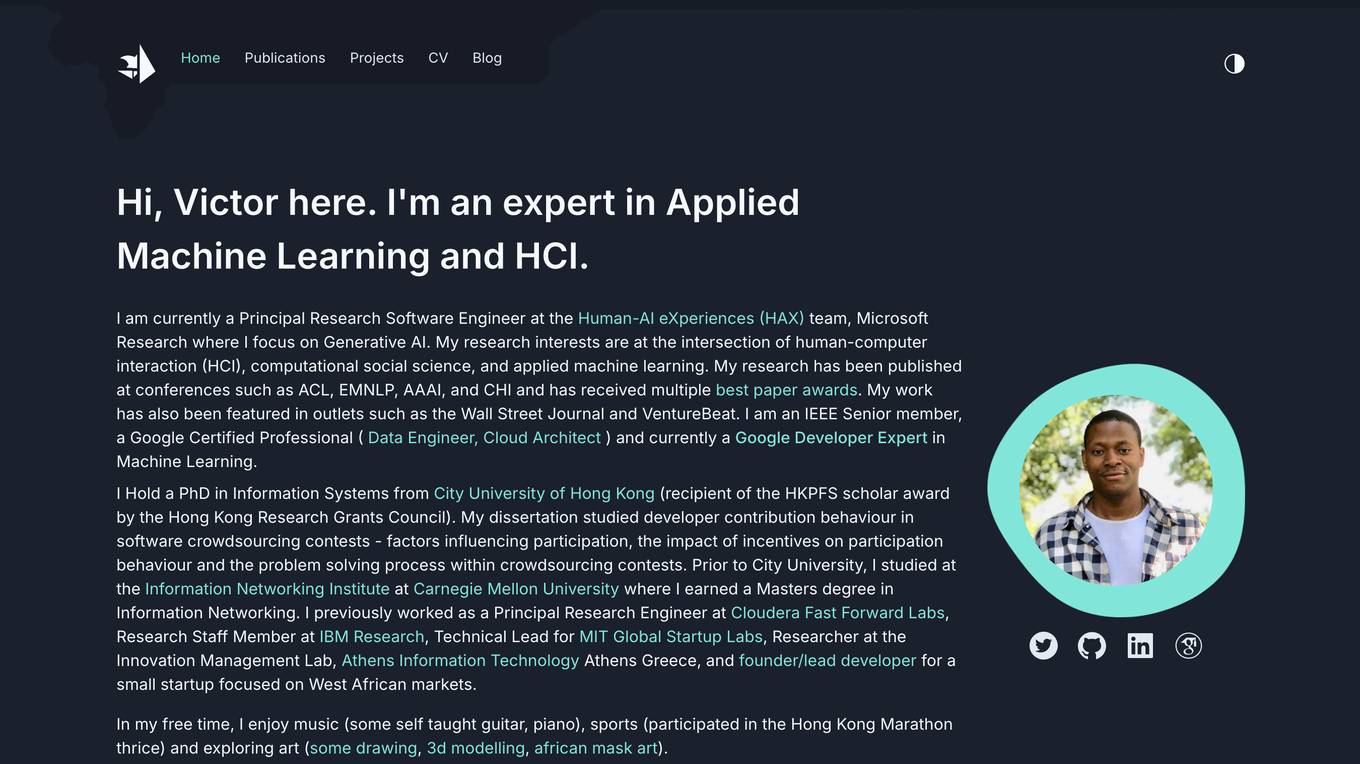
Victor Dibia's Website
Victor Dibia's website showcases his expertise in Applied Machine Learning and Human-Computer Interaction (HCI). He is a Principal Research Software Engineer at Microsoft Research, focusing on Generative AI. The site features his publications, projects, CV, and blog posts, covering topics such as multi-agent systems, recommender systems, and more. Victor's work has been recognized in conferences and media outlets, highlighting his contributions to the field of AI and HCI.
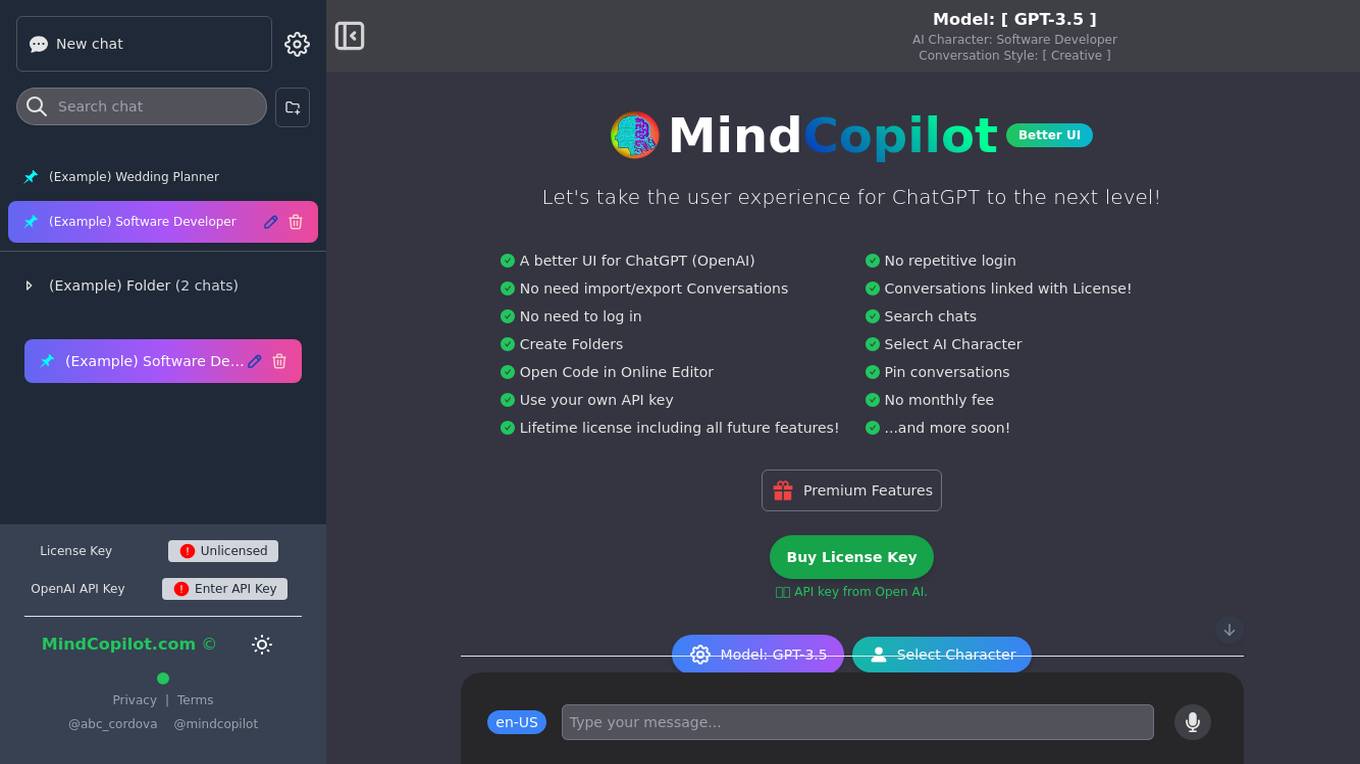
MindCopilot
MindCopilot is an AI tool designed to enhance the user experience of ChatGPT by providing a better UI. It offers features like no repetitive login, conversations linked with license, creating folders, selecting AI characters, and using your own API key. Users can enjoy a lifetime license with all future features included. The tool aims to simplify the process of interacting with ChatGPT and improving the overall user experience for software developers, wedding planners, and other professionals.
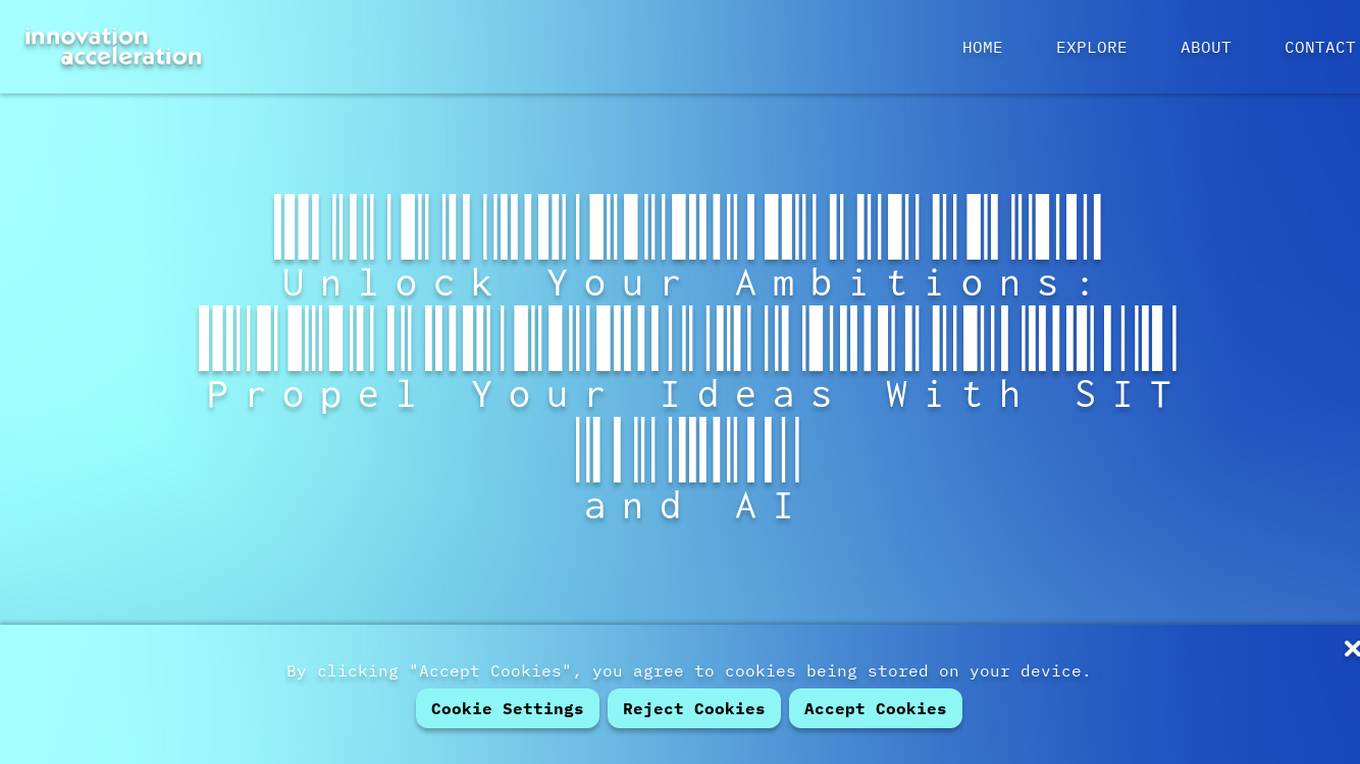
Innovation Acceleration
Innovation Acceleration is an AI-powered platform that empowers organizations to unlock their creative potential through the integration of advanced AI technologies and structured innovation frameworks. The platform offers a systematic and repeatable approach to creative thinking using Systematic Inventive Thinking (SIT) and Natural Language Processing (NLP) tools such as Large Language Models (LLMs) and generative AI (GenAI). Innovation Acceleration aims to accelerate the innovation process by guiding users through creating customized, industry-leading products, processes, strategies, and marketing innovations.
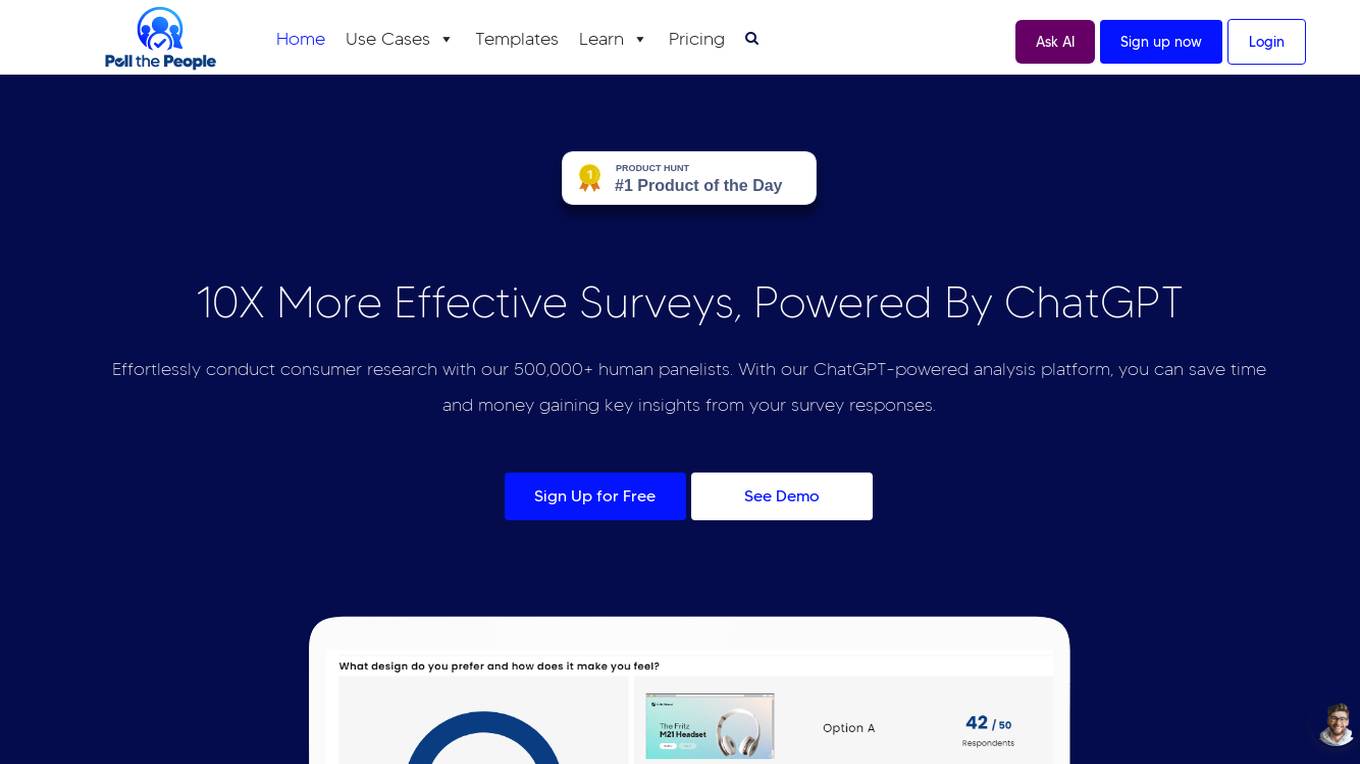
Poll the People
Poll the People is an AI-powered consumer research platform that offers 10X more effective surveys powered by ChatGPT. With a human panel of 500,000+ participants, the platform provides insights on brand testing, concept testing, logo testing, content testing, and more. By leveraging AI technology, users can make data-driven decisions, achieve faster insights, and access deep consumer understanding for better decision-making. The platform automates survey analysis, saving time and resources, and offers unbiased and accurate market insights. Poll the People is trusted by top brands worldwide for its efficiency and reliability in consumer research.
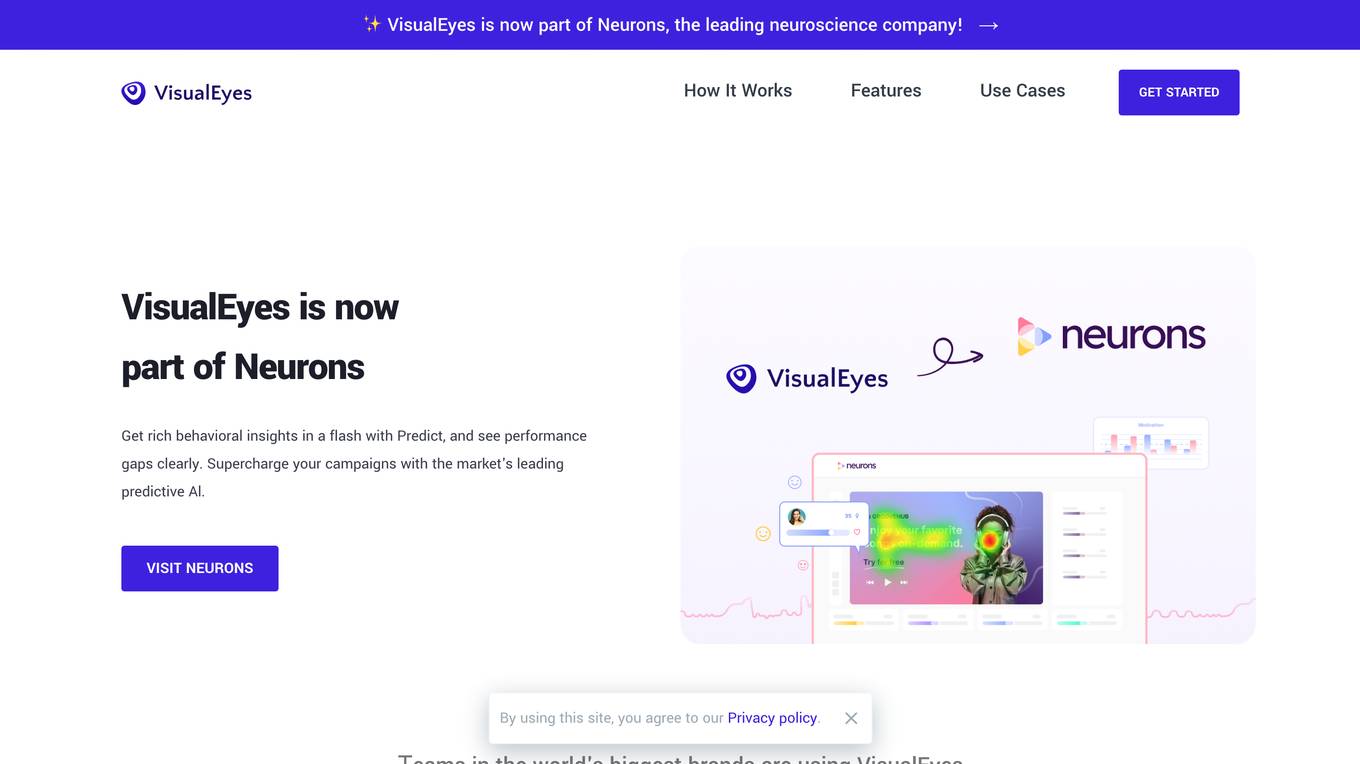
VisualEyes
VisualEyes is a user experience (UX) optimization tool that uses attention heatmaps and clarity scores to help businesses improve the effectiveness of their digital products. It provides insights into how users interact with websites and applications, allowing businesses to identify areas for improvement and make data-driven decisions about their designs. VisualEyes is part of Neurons, a leading neuroscience company that specializes in providing AI-powered solutions for businesses.
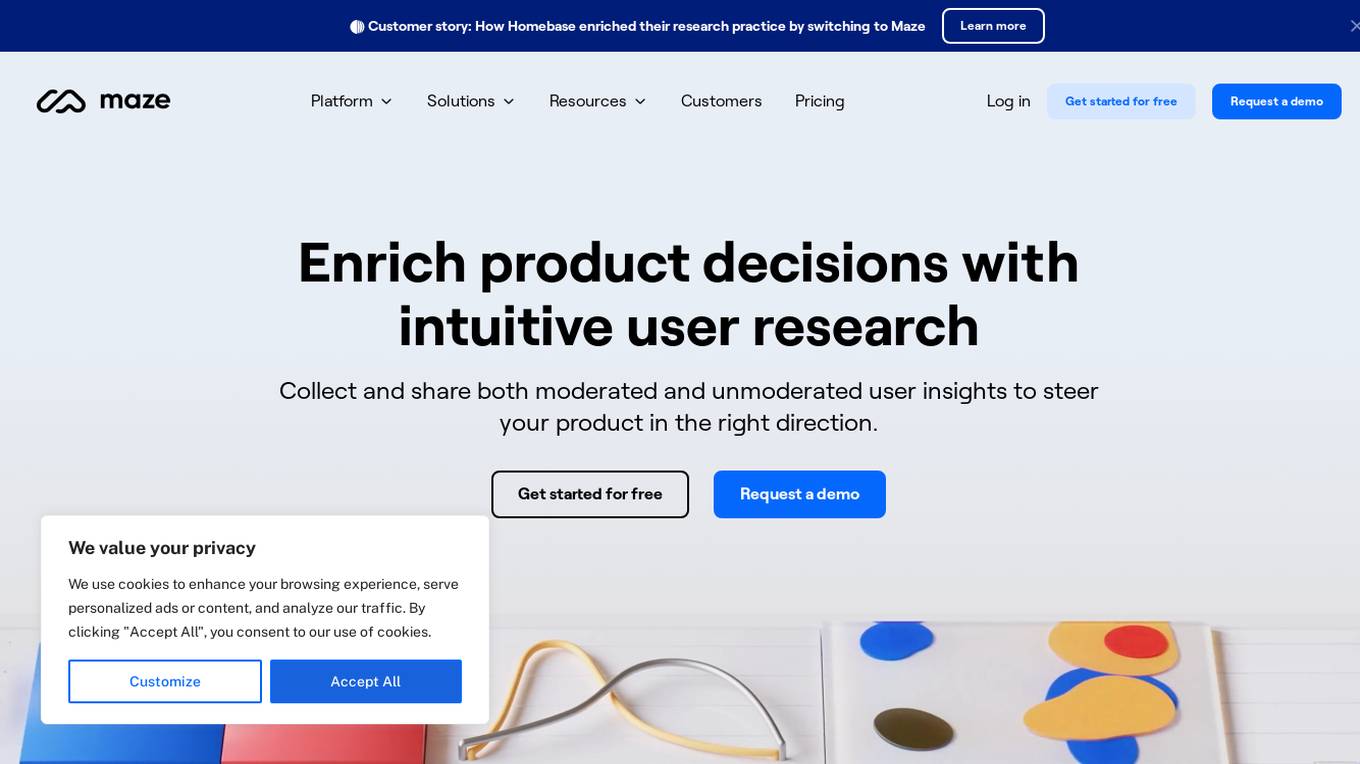
Maze
Maze is a continuous product discovery platform that enables users to enrich product decisions with intuitive user research. It offers a wide range of features such as prototype testing, website testing, surveys, interview studies, and more. With AI-powered tools and integrations with popular design tools, Maze helps users scale user insights and speed up product launches. The platform provides Enterprise-level protection, encrypted transmission, access control, data center security, GDPR compliance, SSO, and private workspaces to ensure data security and compliance. Trusted by companies of all industries and sizes, Maze empowers teams to make user-informed decisions and drive faster product iteration for a better user experience.

Trustpilot productai.one
Trustpilot productai.one is an AI tool designed to provide product reviews and ratings. It utilizes artificial intelligence algorithms to analyze and aggregate customer feedback, helping users make informed purchasing decisions. The platform offers a user-friendly interface where consumers can explore and compare various products based on real customer experiences. With Trustpilot productai.one, users can access valuable insights and recommendations to guide their shopping choices.
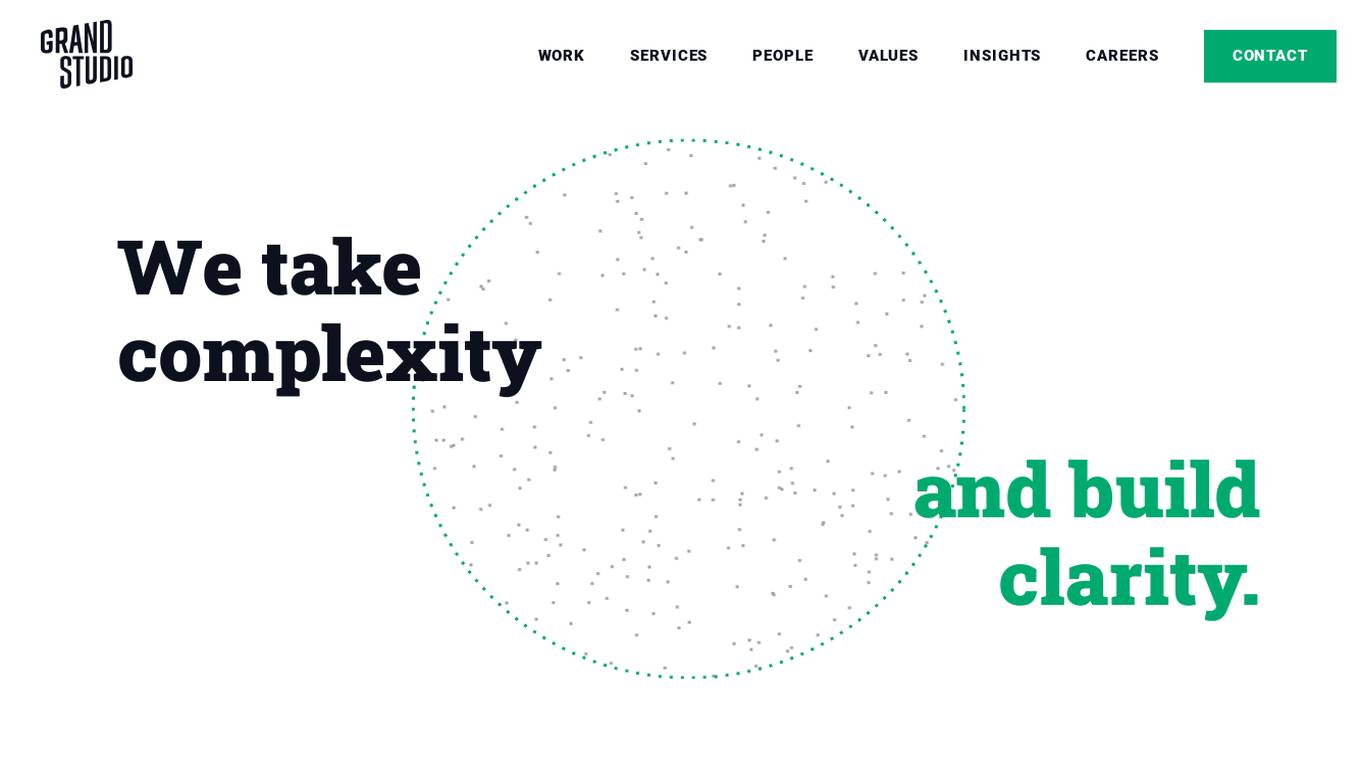
Grand Studio
Grand Studio is an AI design studio that specializes in UX design, digital products, strategy, and research. They use design thinking to tackle complex challenges and create innovative solutions for their partners. Their services include service design, qualitative research, product design and strategy, UX/UI design, and conversation design. Grand Studio aims to turn complexity into clarity by designing products, systems, and services that help users succeed. They work with a variety of partners across different industries to bring unique visions to life.
0 - Open Source AI Tools
20 - OpenAI Gpts
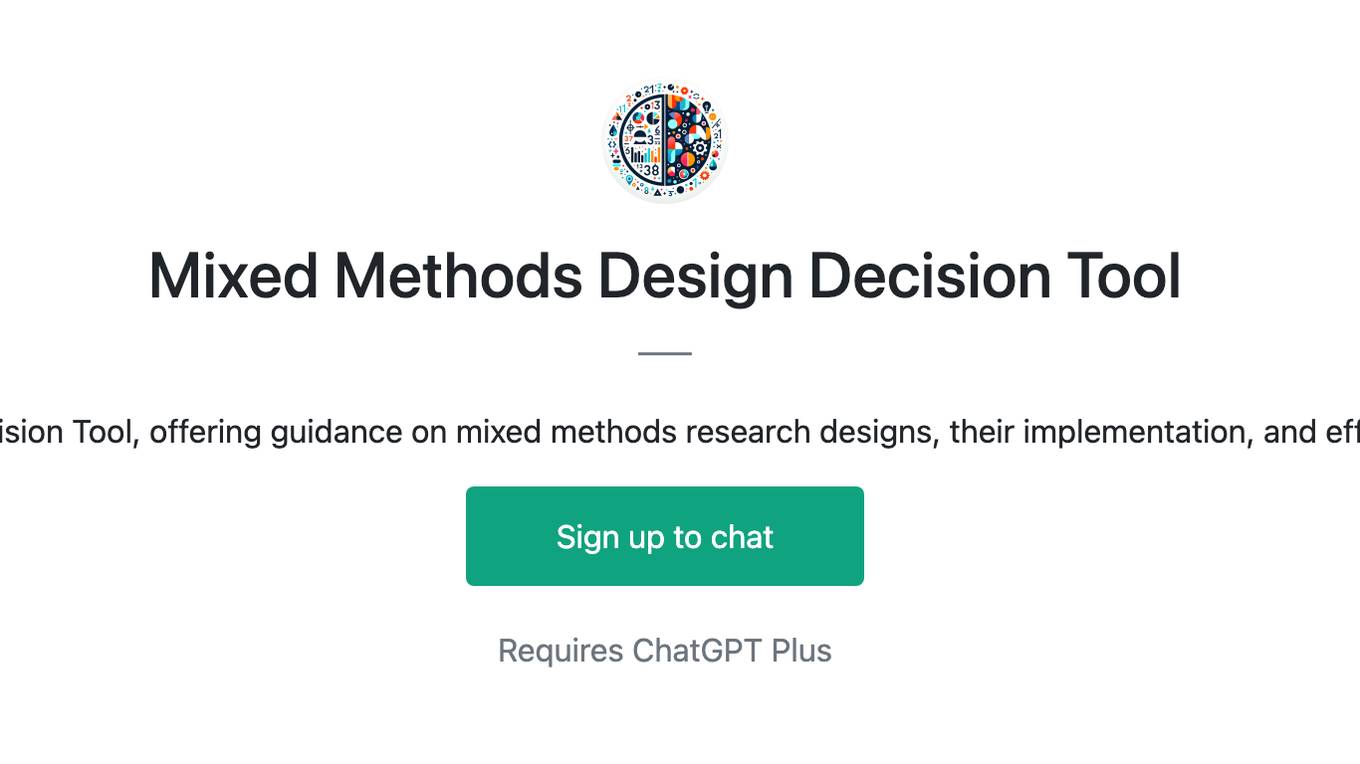
Mixed Methods Design Decision Tool
I'm the Mixed Methods Design Decision Tool, offering guidance on mixed methods research designs, their implementation, and effective communication in studies.
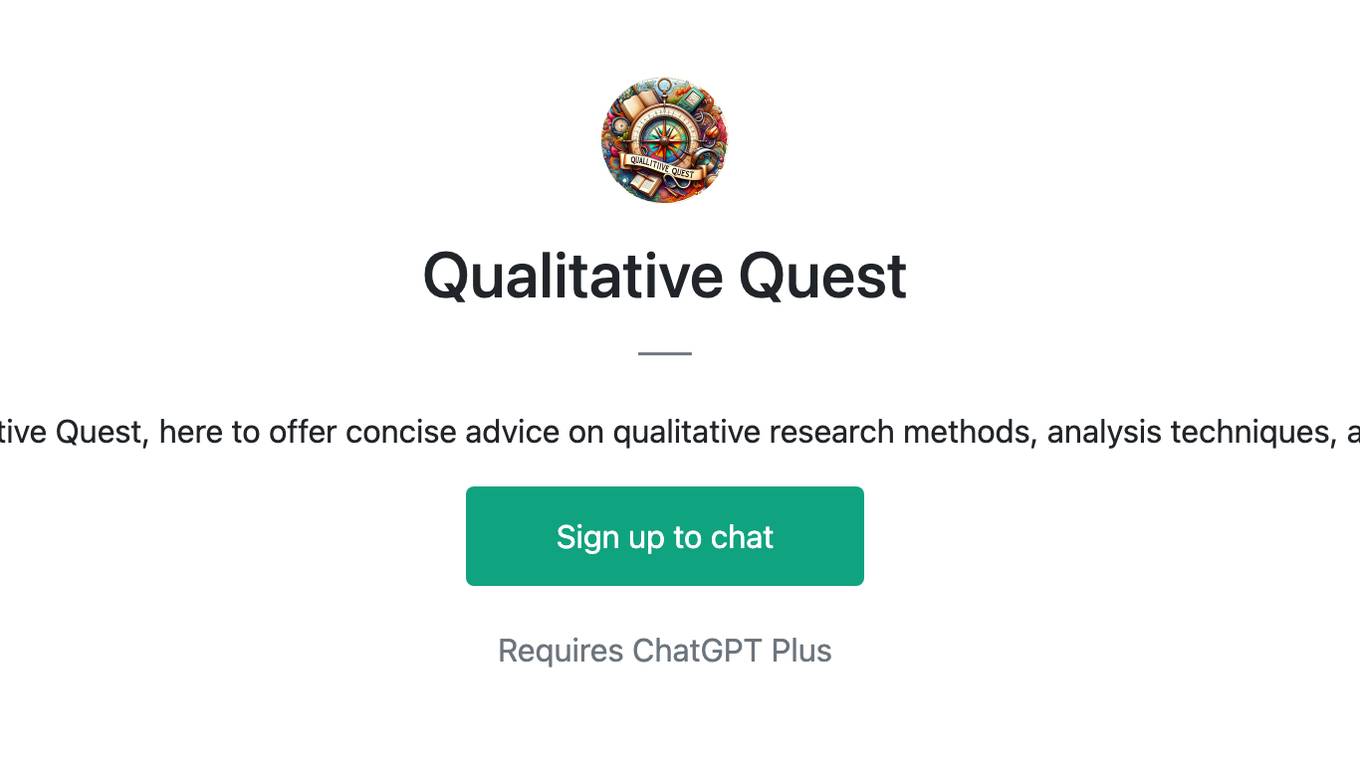
Qualitative Quest
I'm Qualitative Quest, here to offer concise advice on qualitative research methods, analysis techniques, and tools.
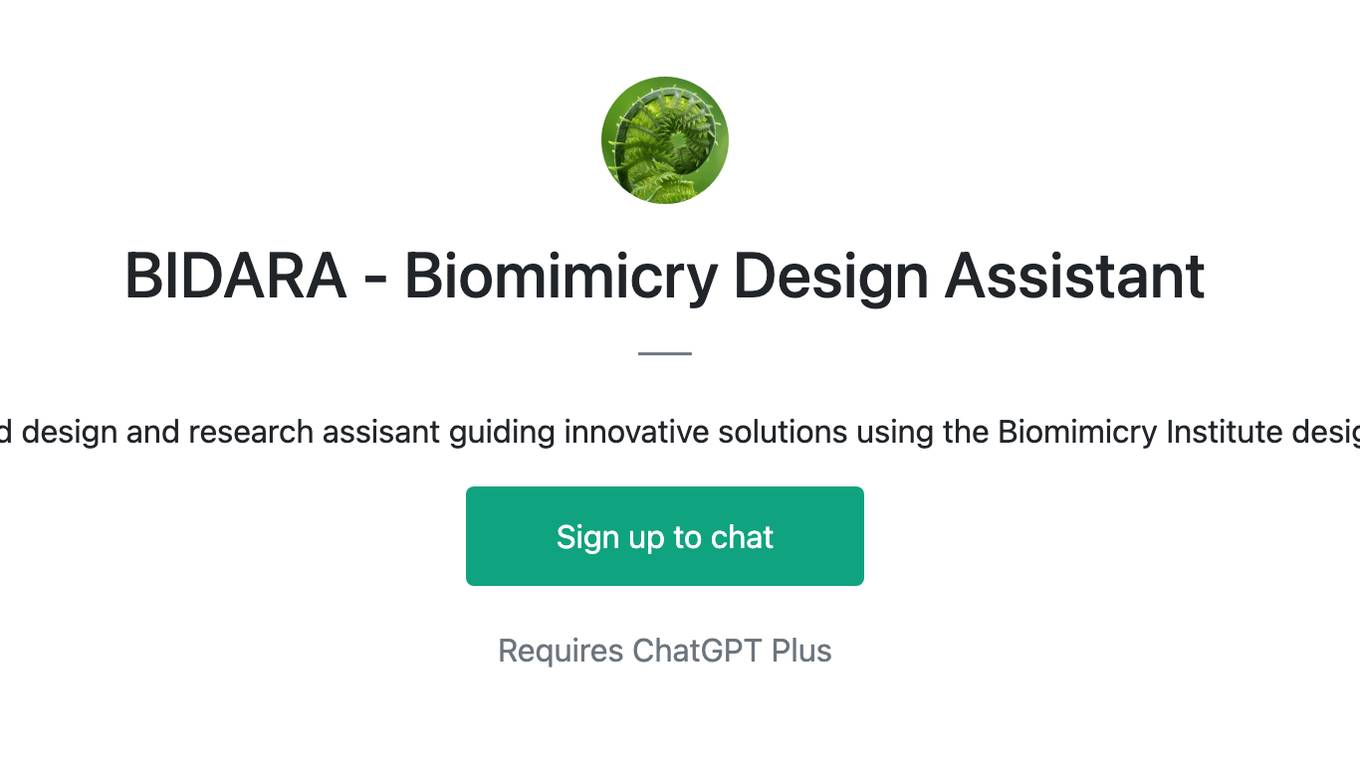
BIDARA - Biomimicry Design Assistant
A bio-inspired design and research assisant guiding innovative solutions using the Biomimicry Institute design process.
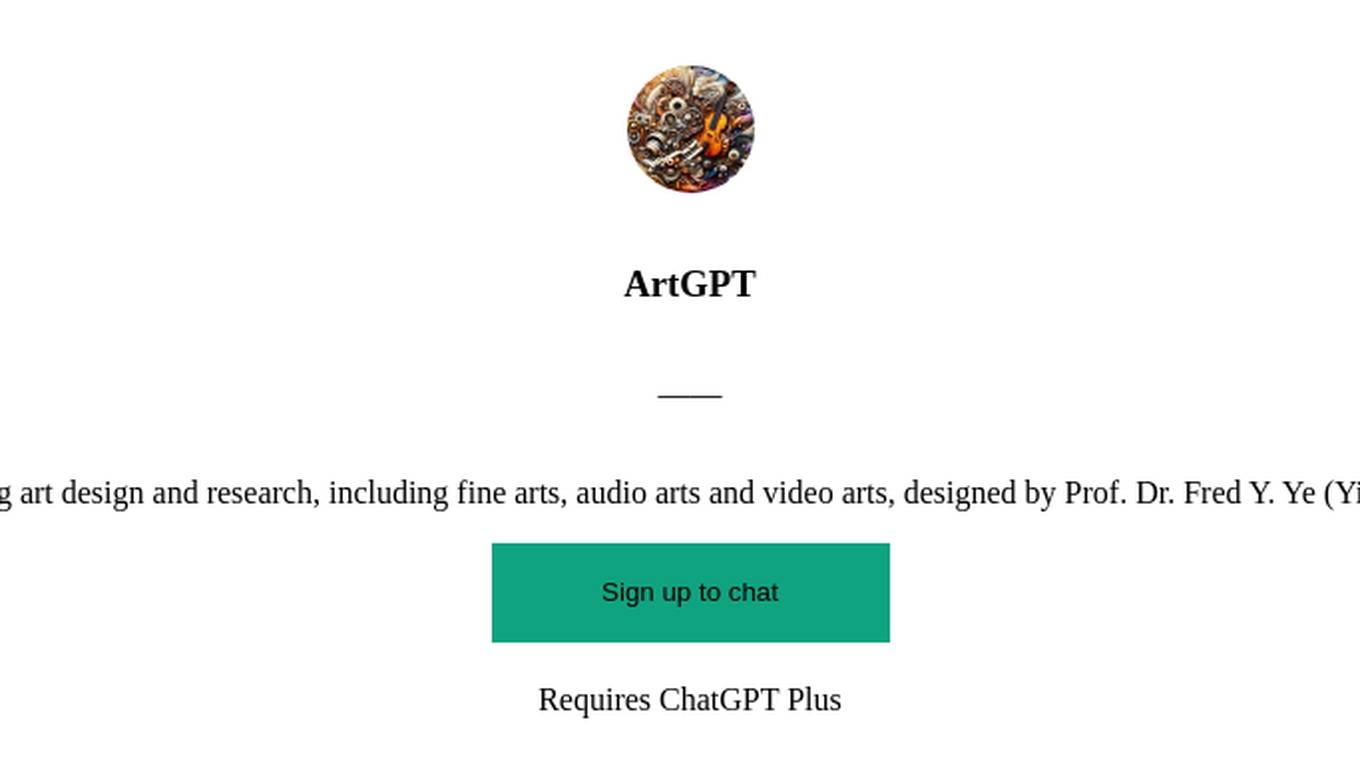
ArtGPT
Doing art design and research, including fine arts, audio arts and video arts, designed by Prof. Dr. Fred Y. Ye (Ying Ye)
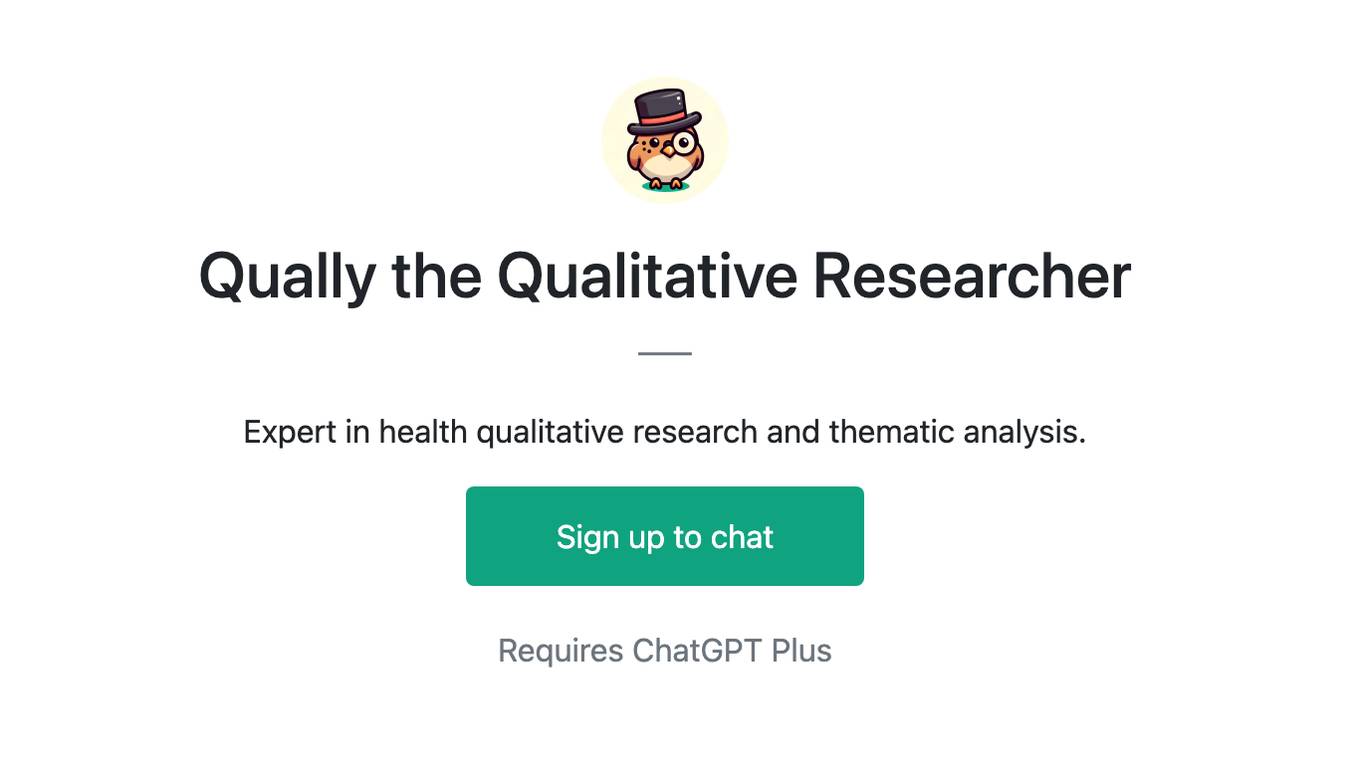
Qually the Qualitative Researcher
Expert in health qualitative research and thematic analysis.

Sandro Morghen GPT
UX Design, UX Architecture & User Research Expert with a focus on collaborative, user-centered methods and achieving business goals.
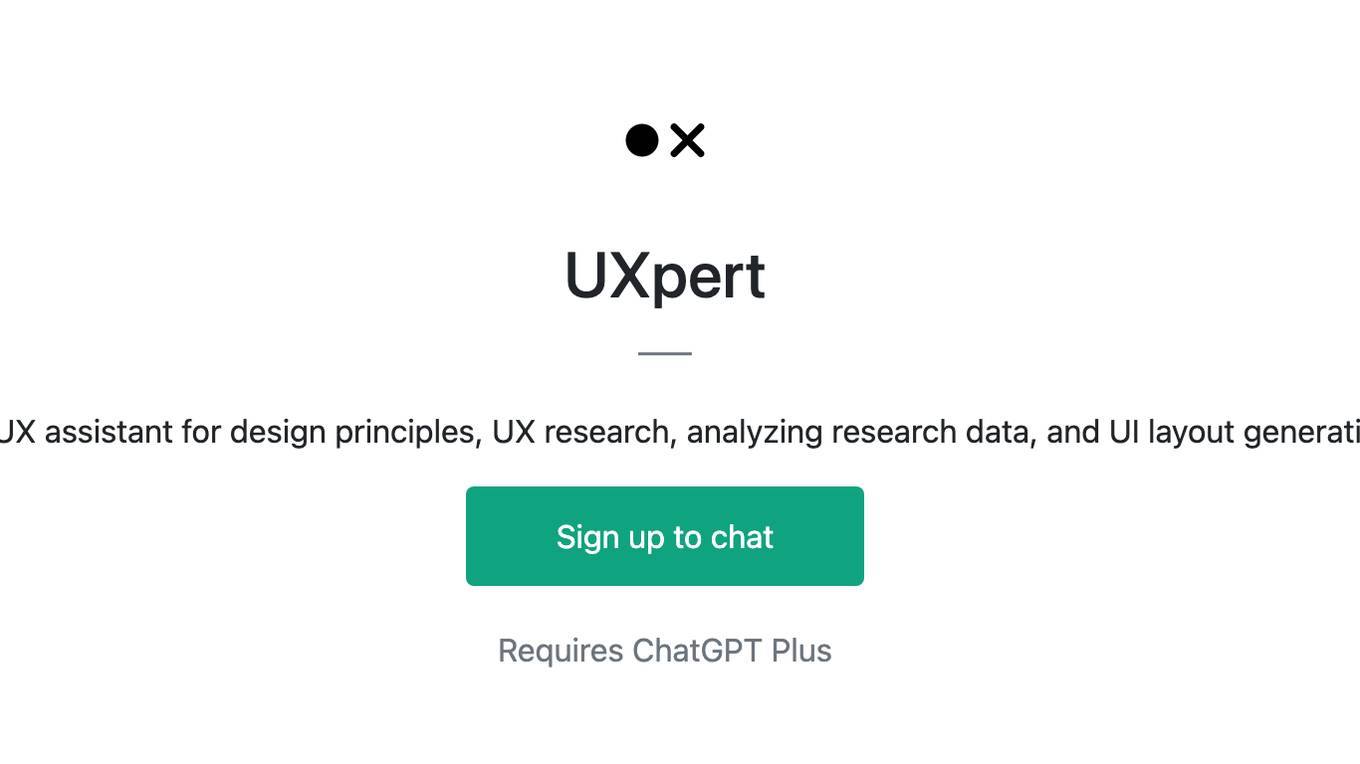
UXpert
A UI/UX assistant for design principles, UX research, analyzing research data, and UI layout generation.
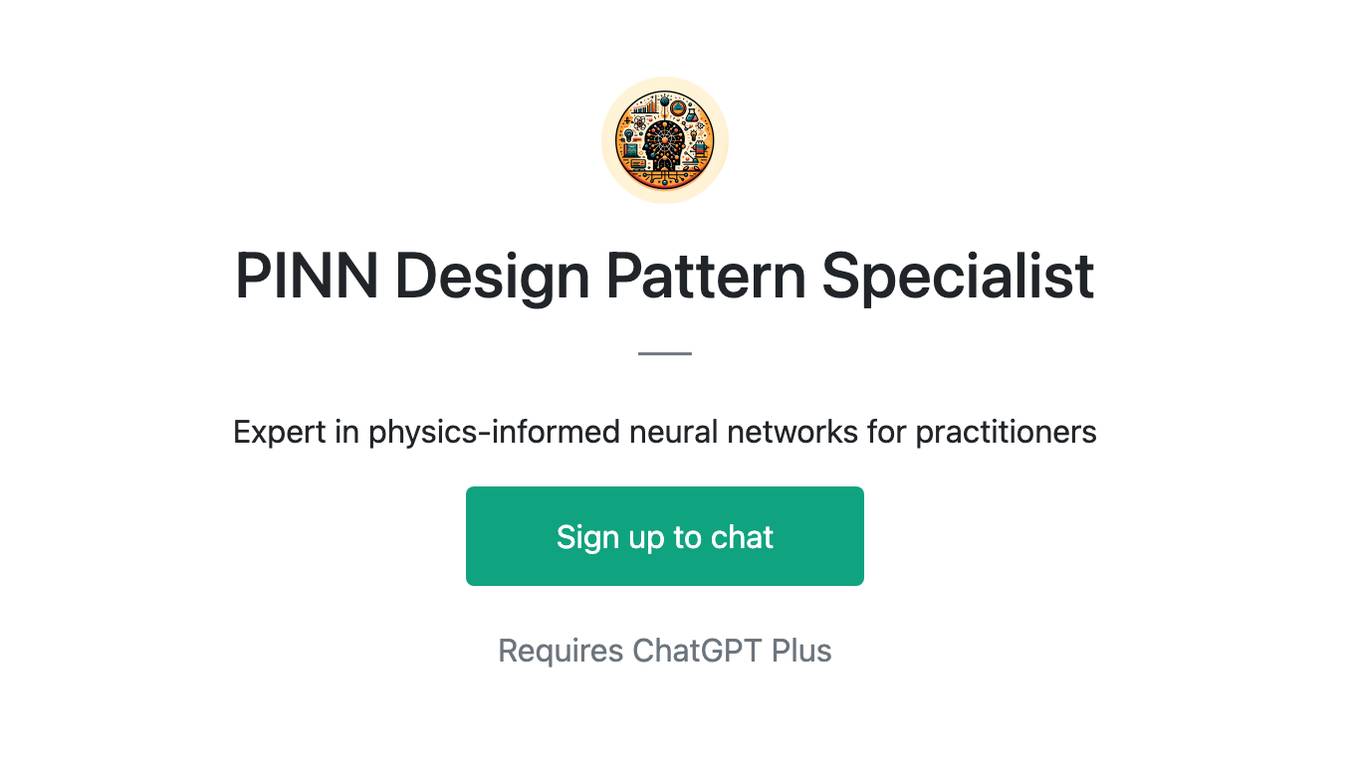
PINN Design Pattern Specialist
Expert in physics-informed neural networks for practitioners
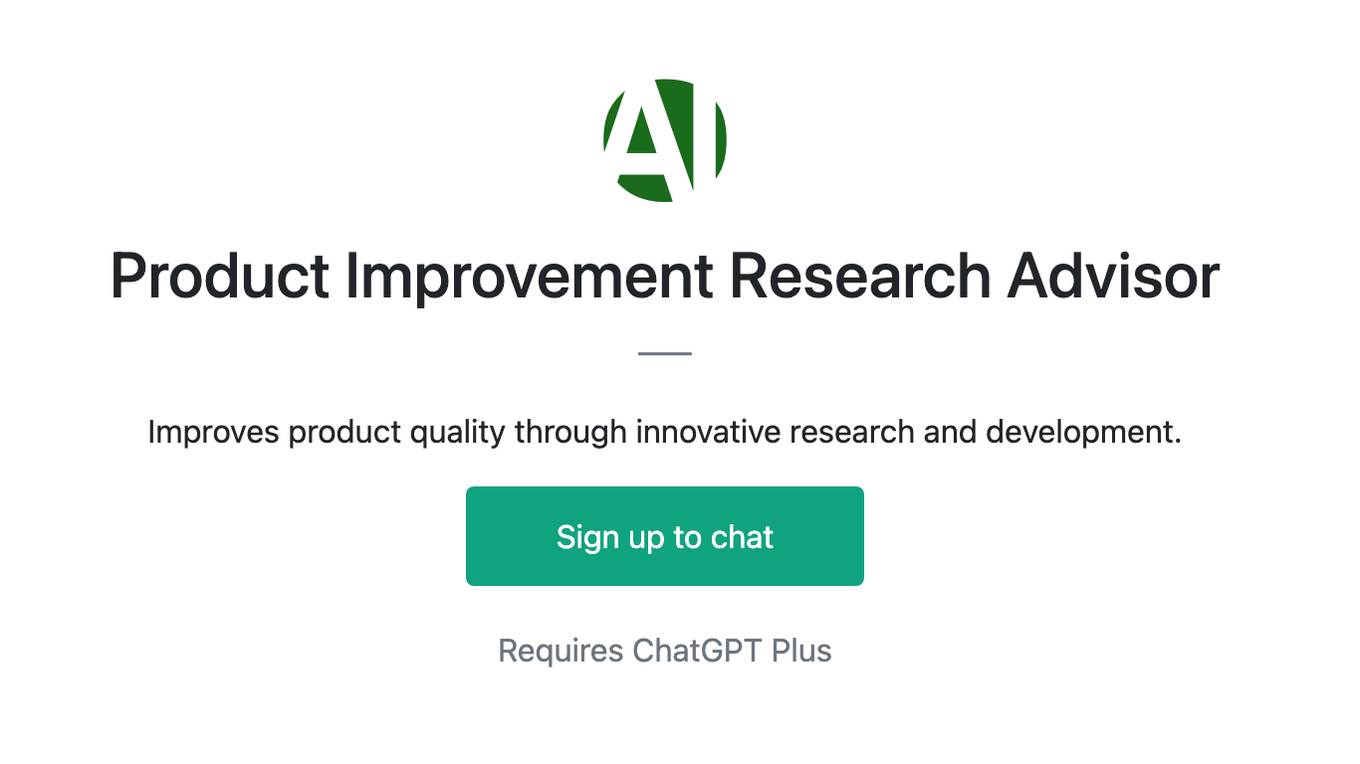
Product Improvement Research Advisor
Improves product quality through innovative research and development.
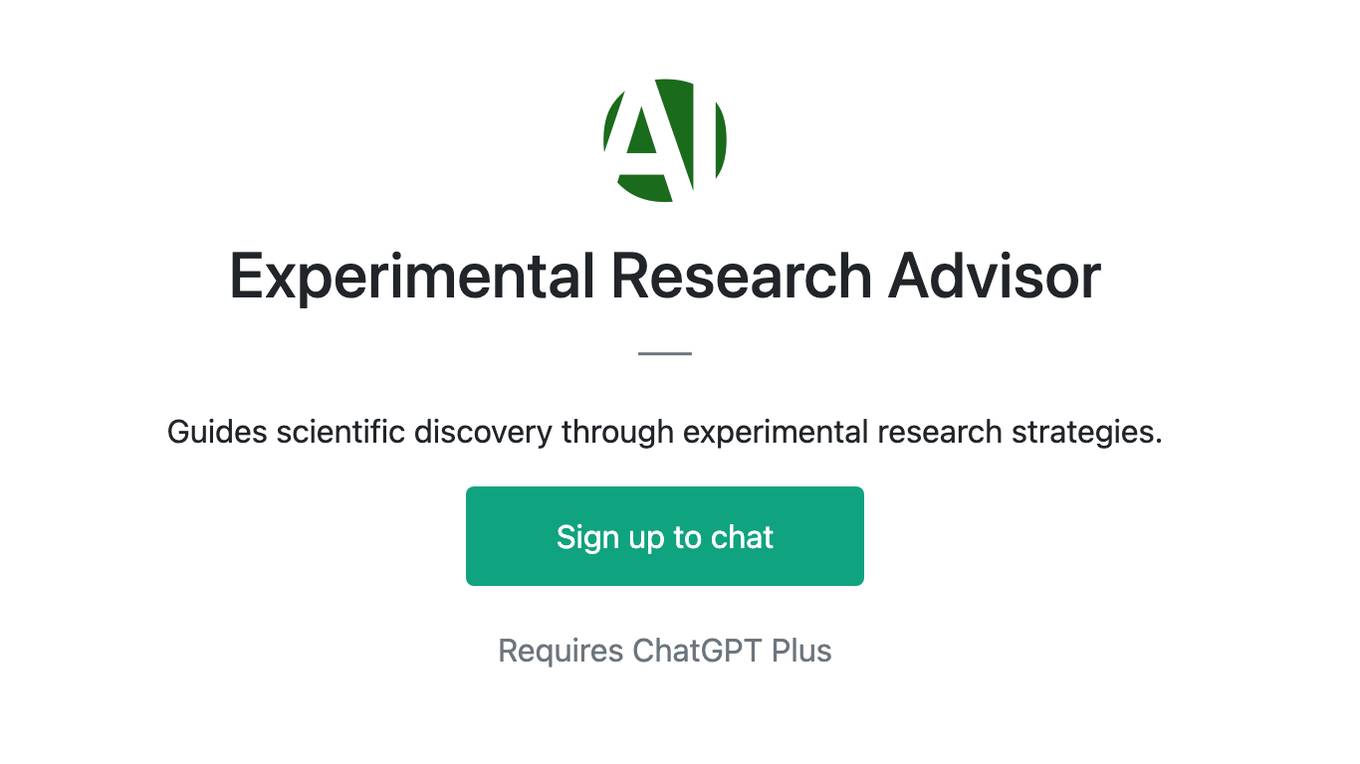
Experimental Research Advisor
Guides scientific discovery through experimental research strategies.
